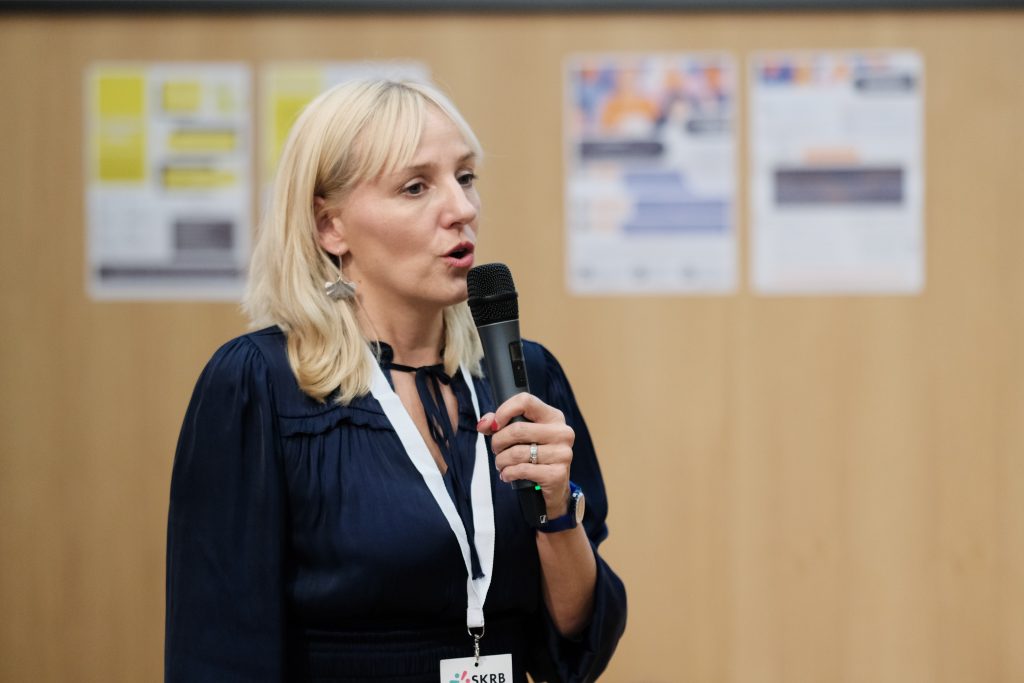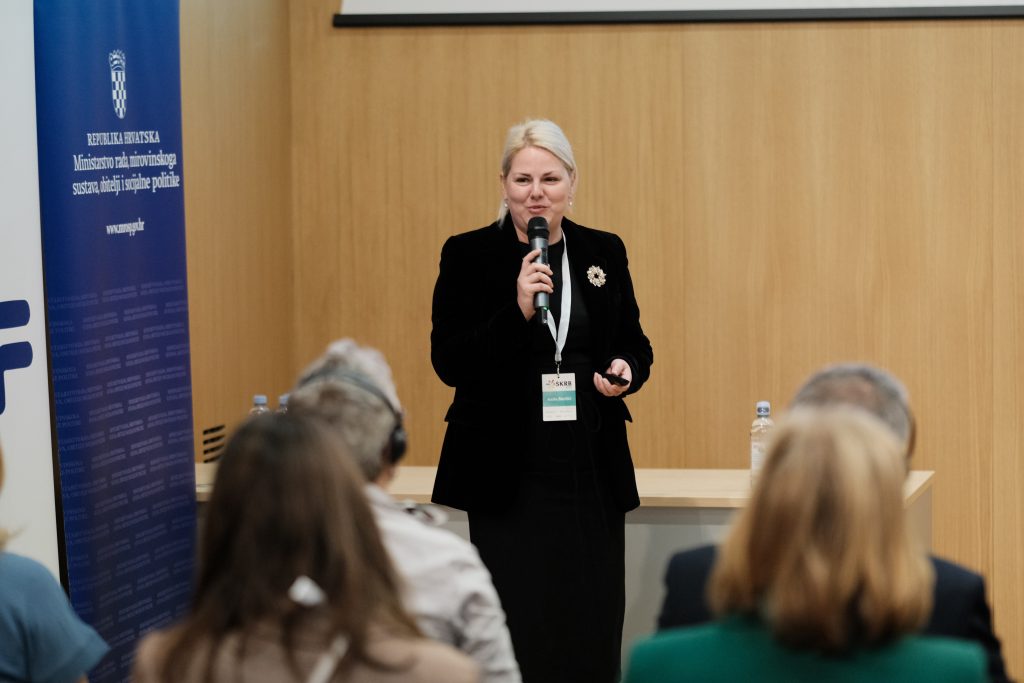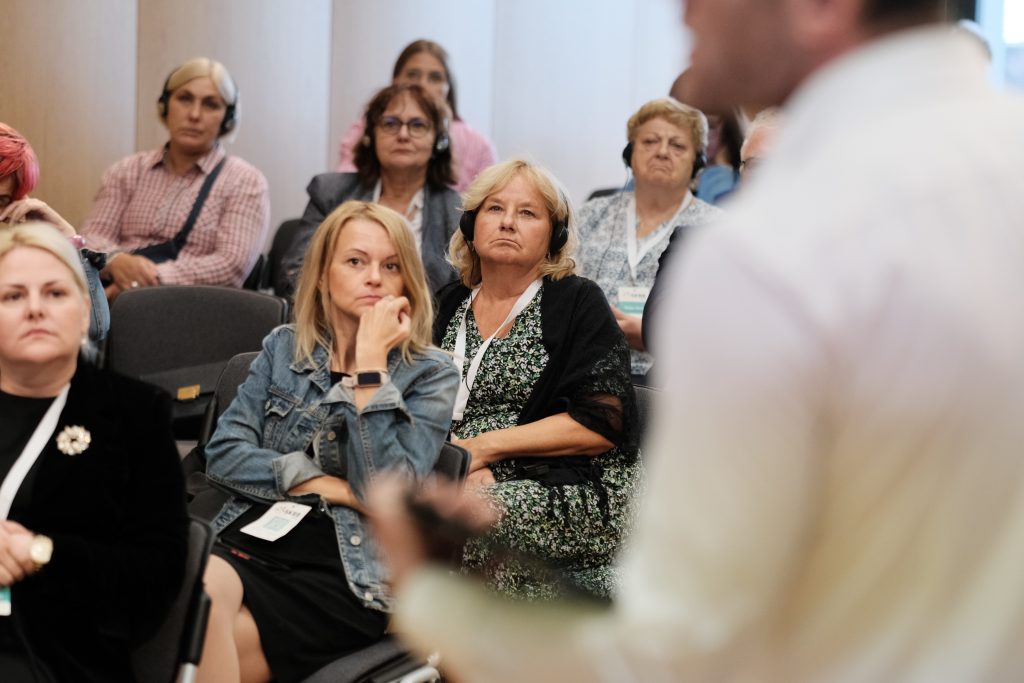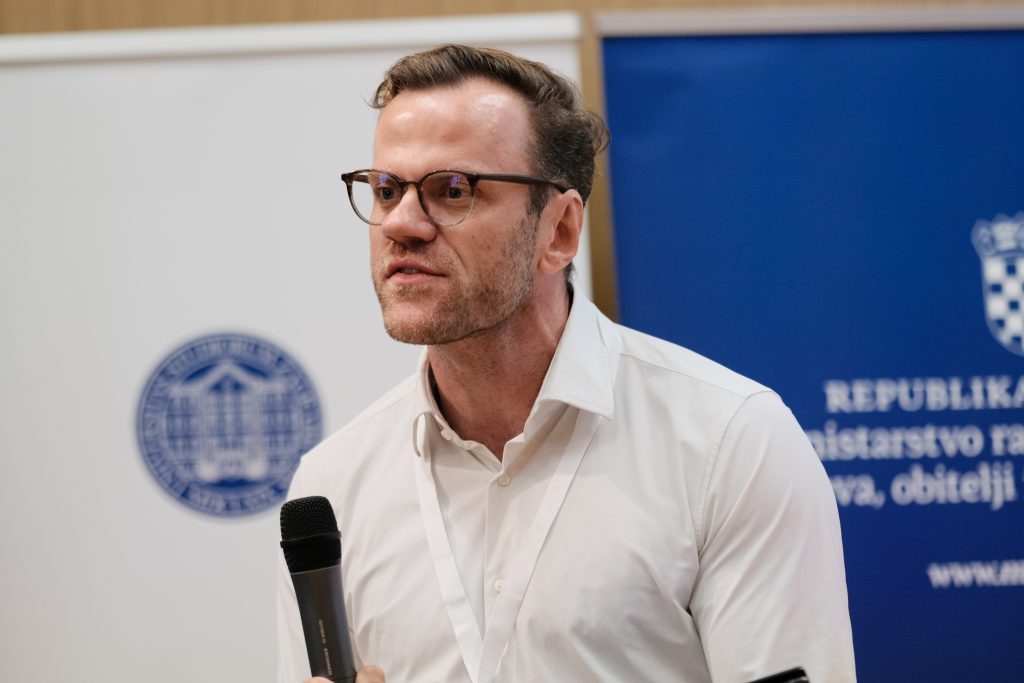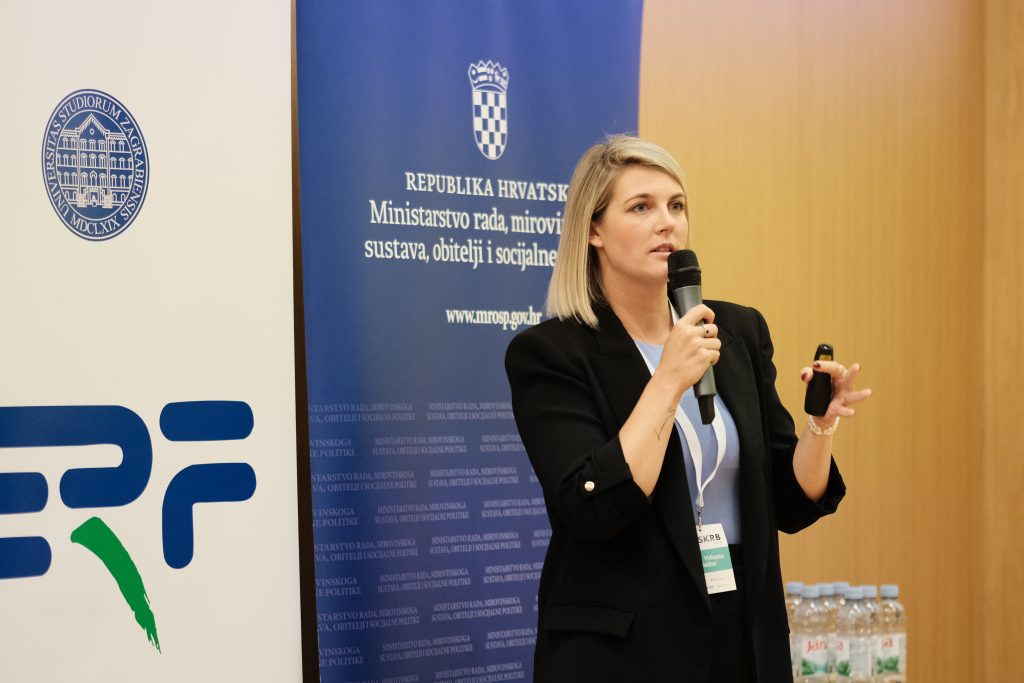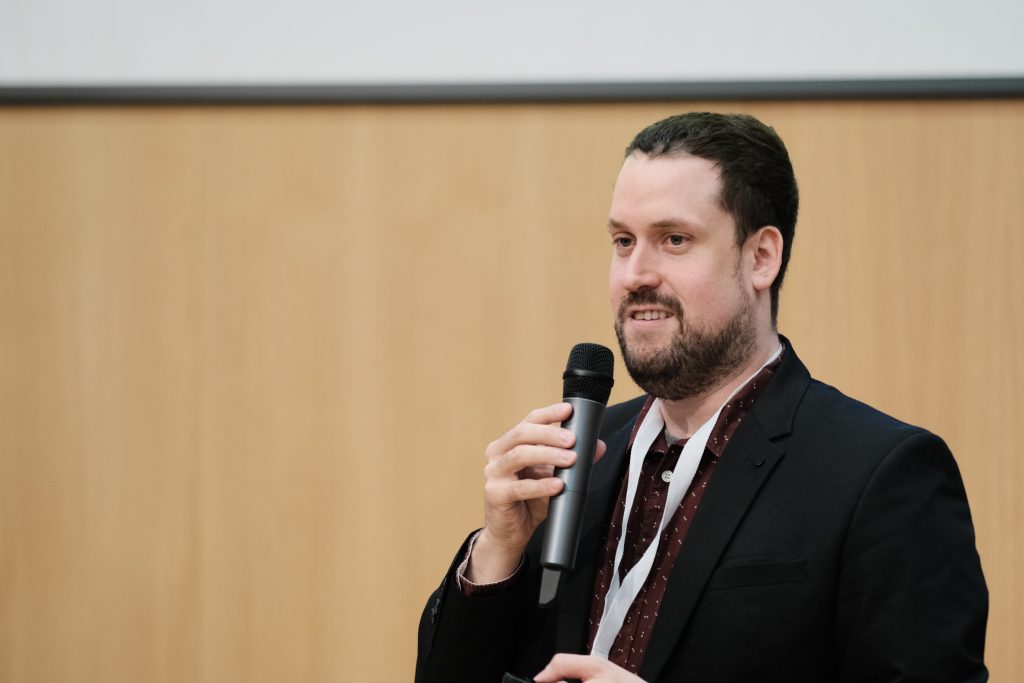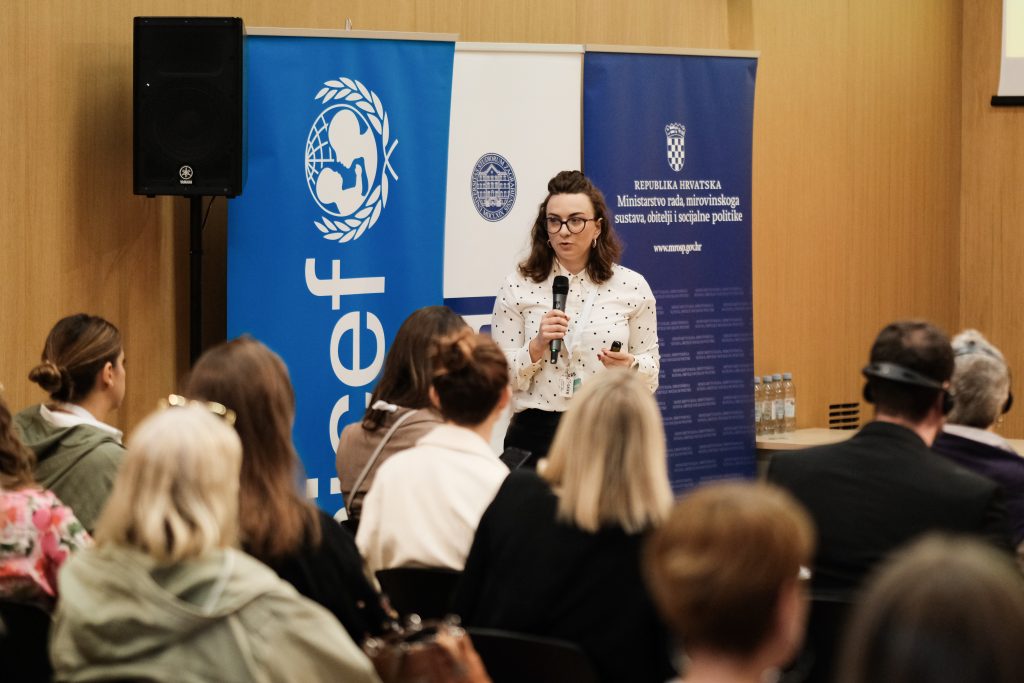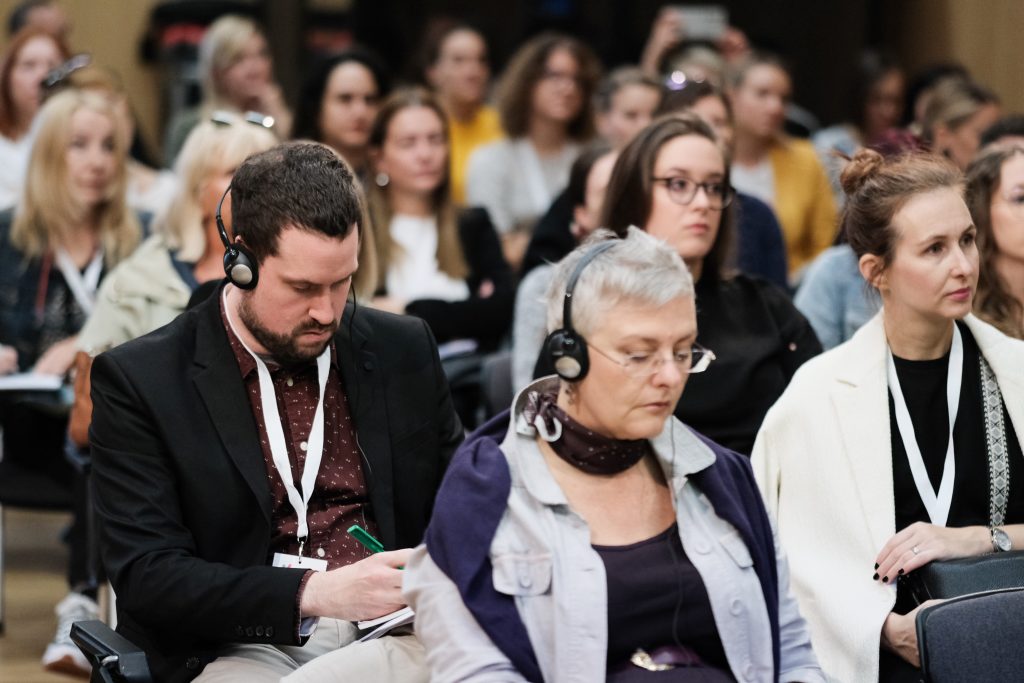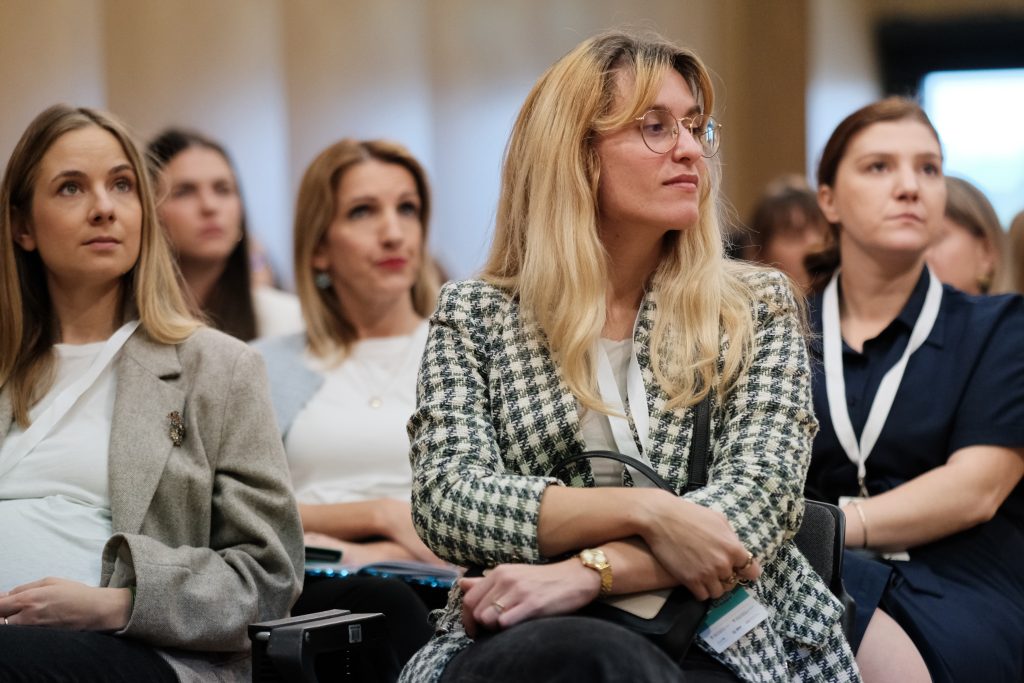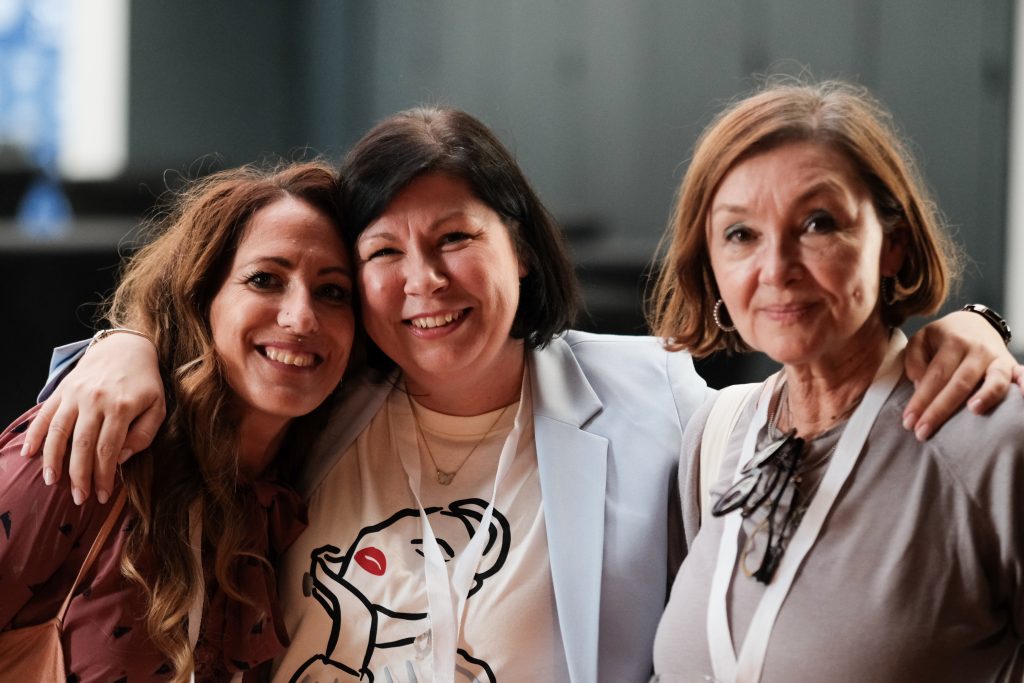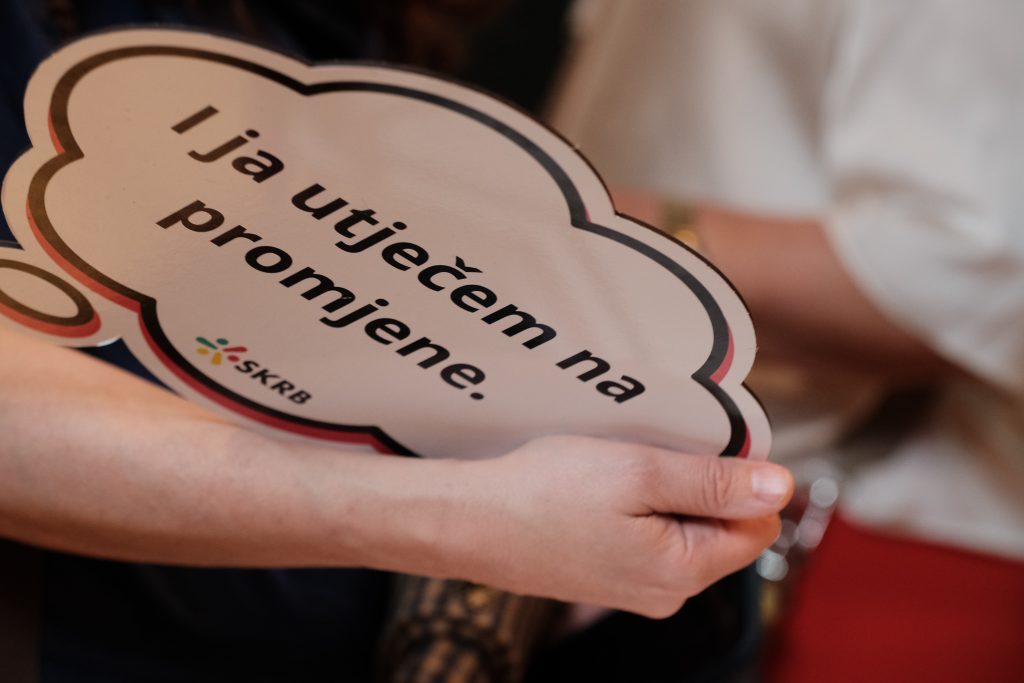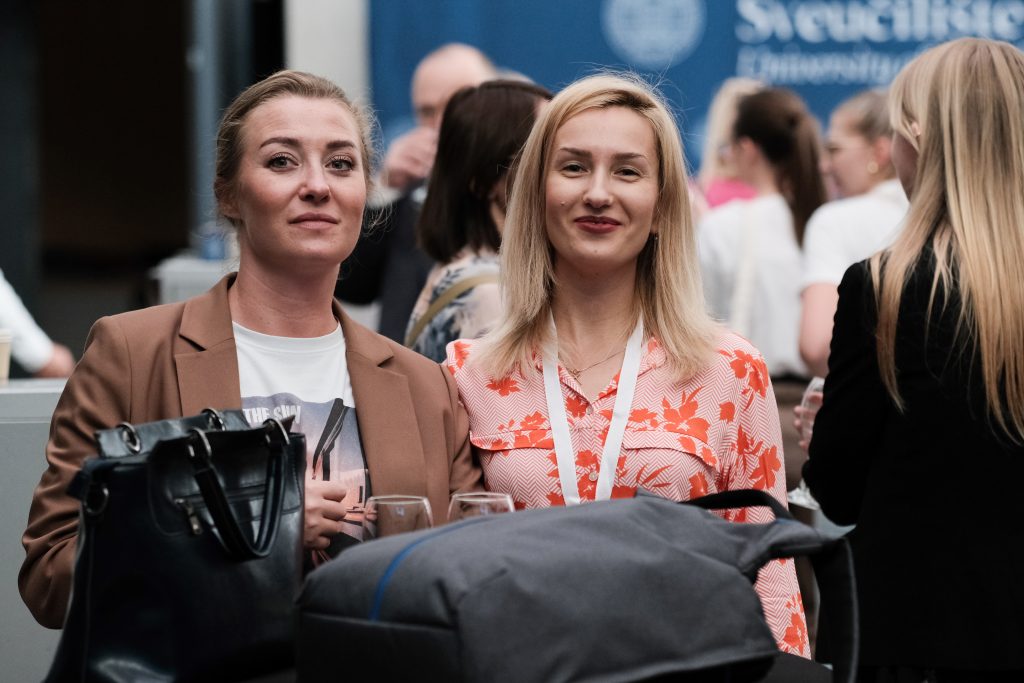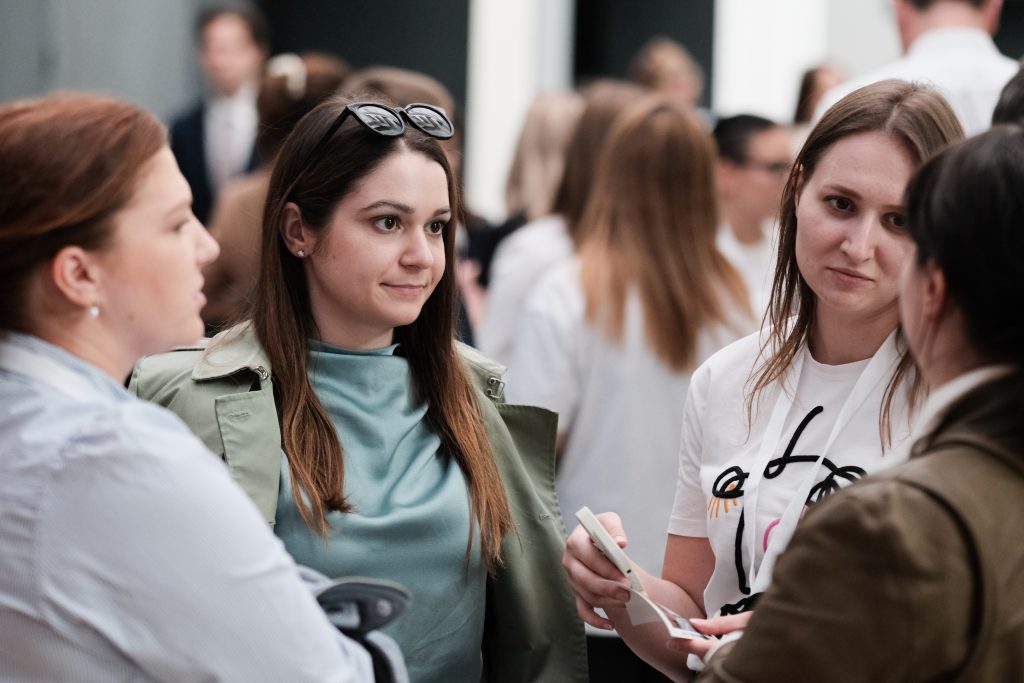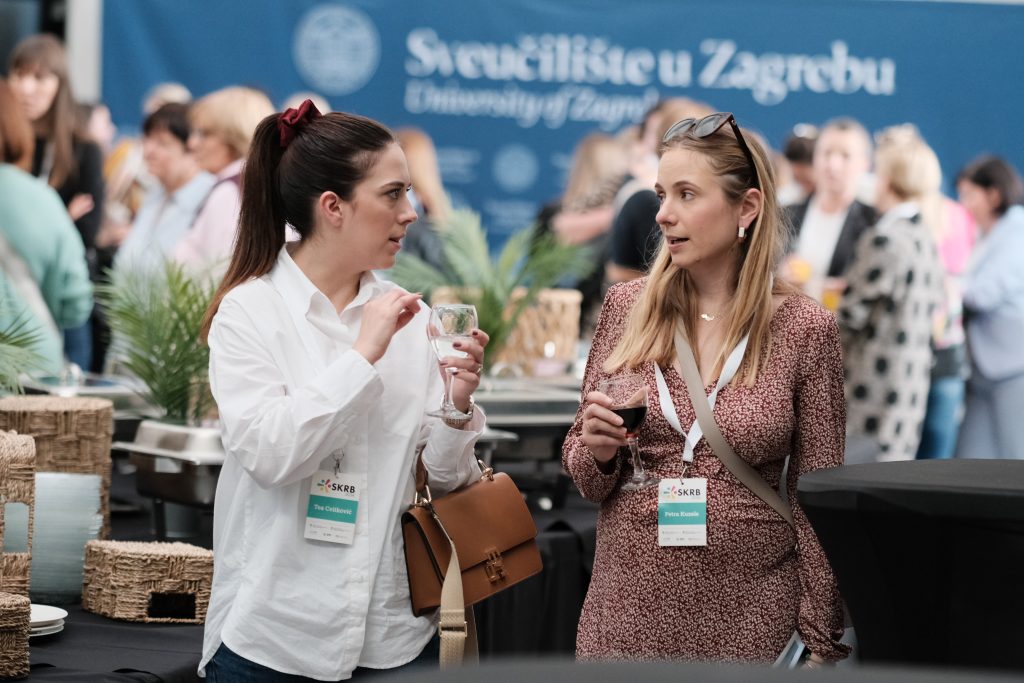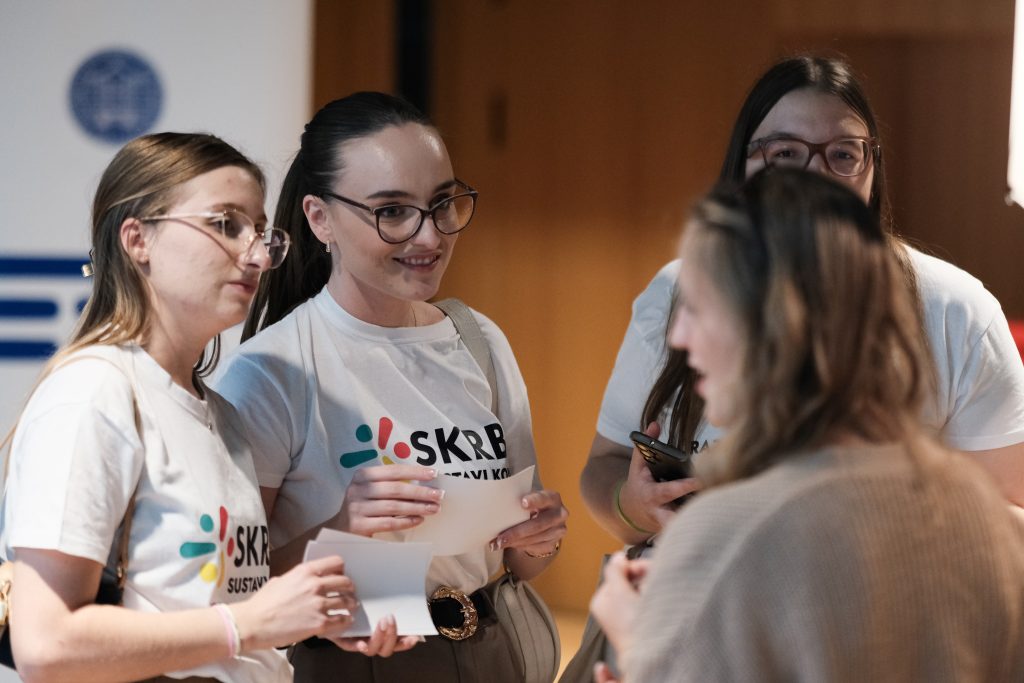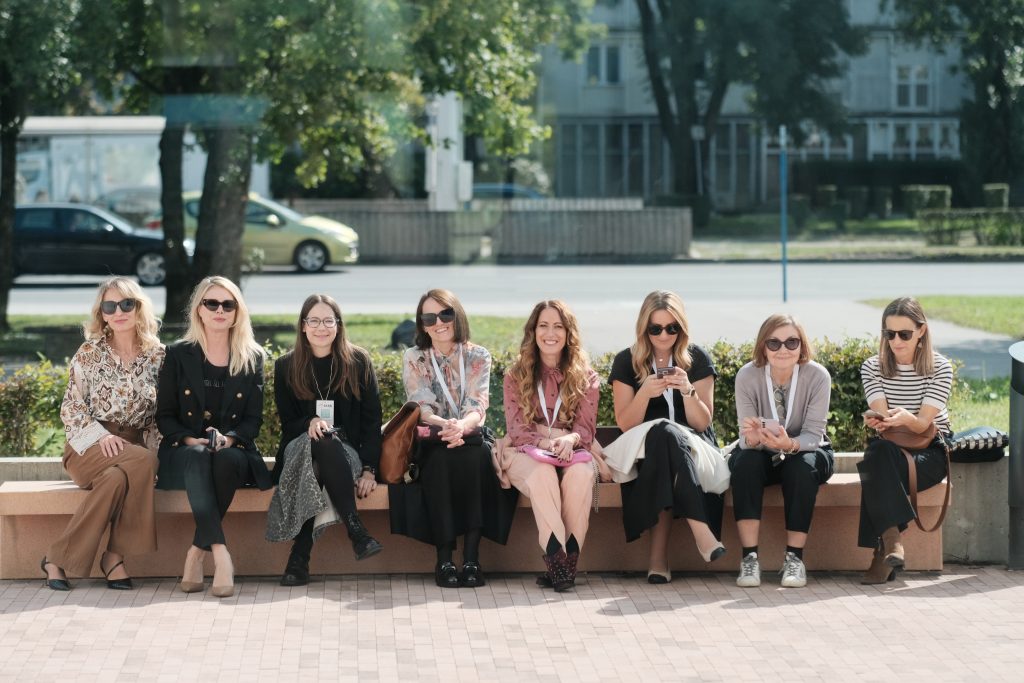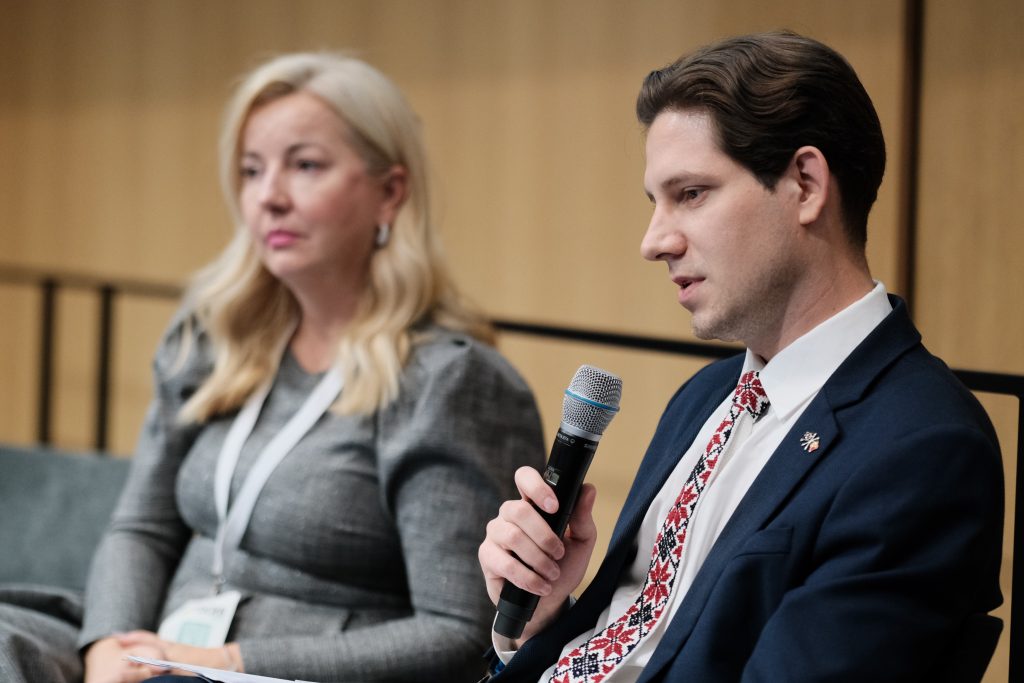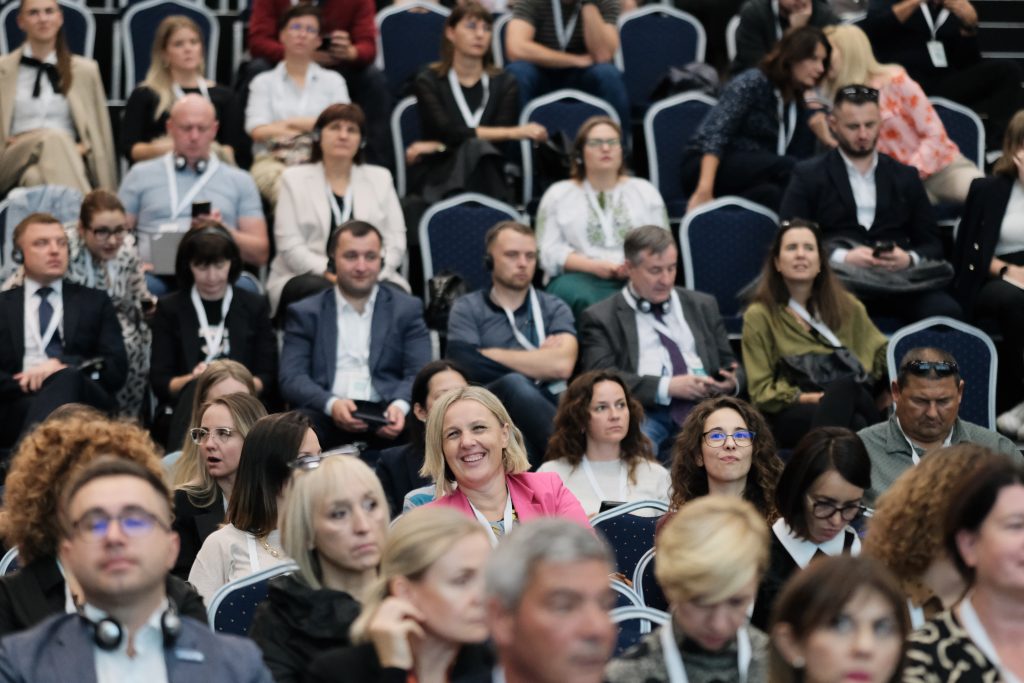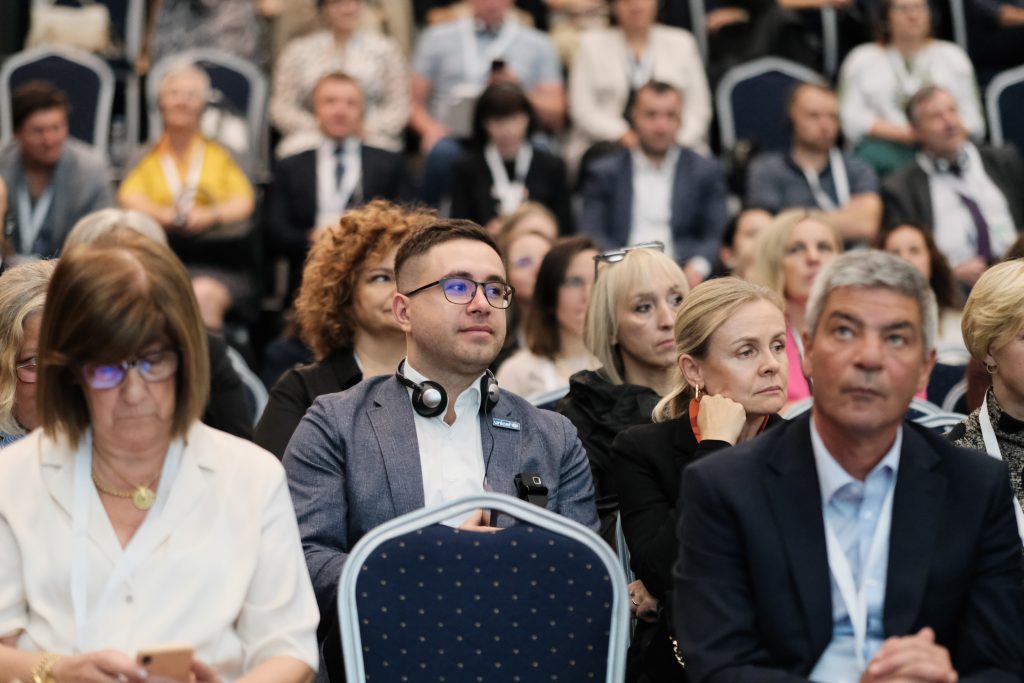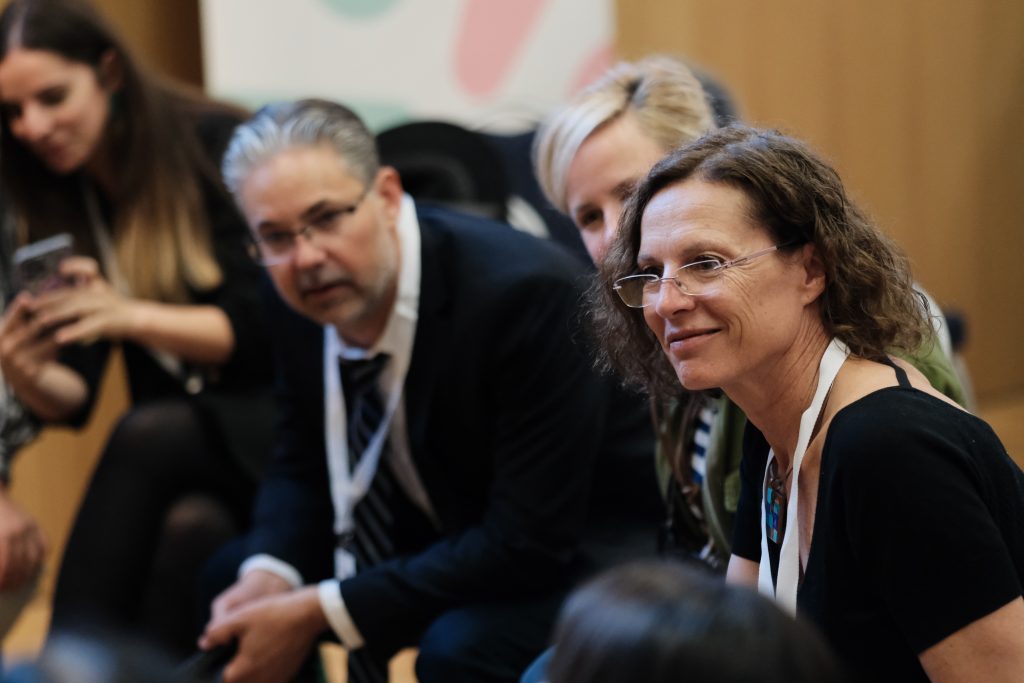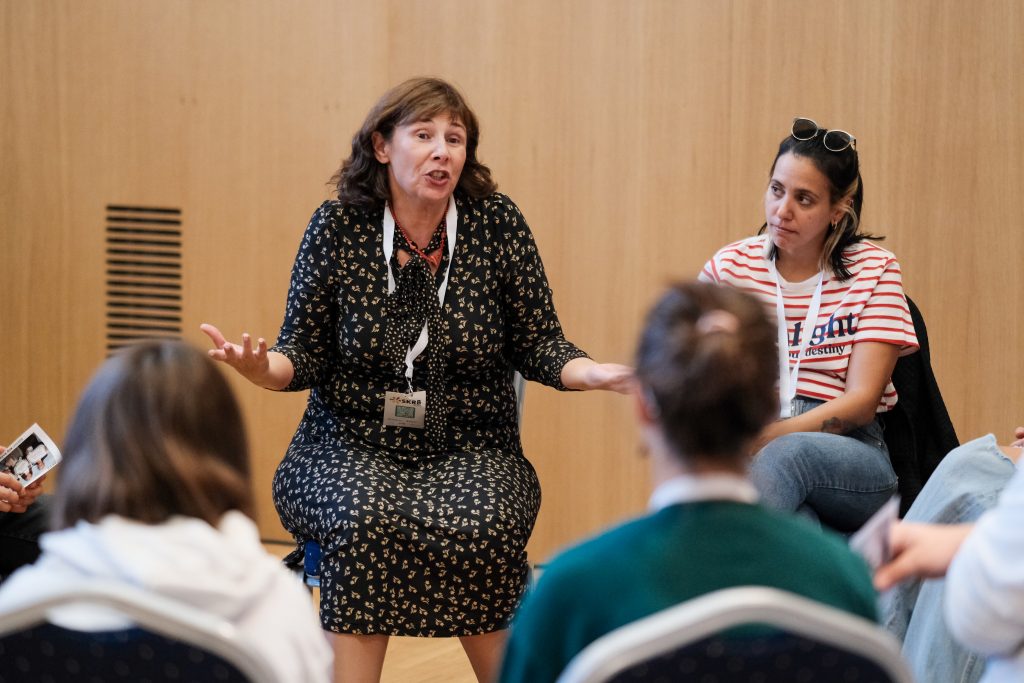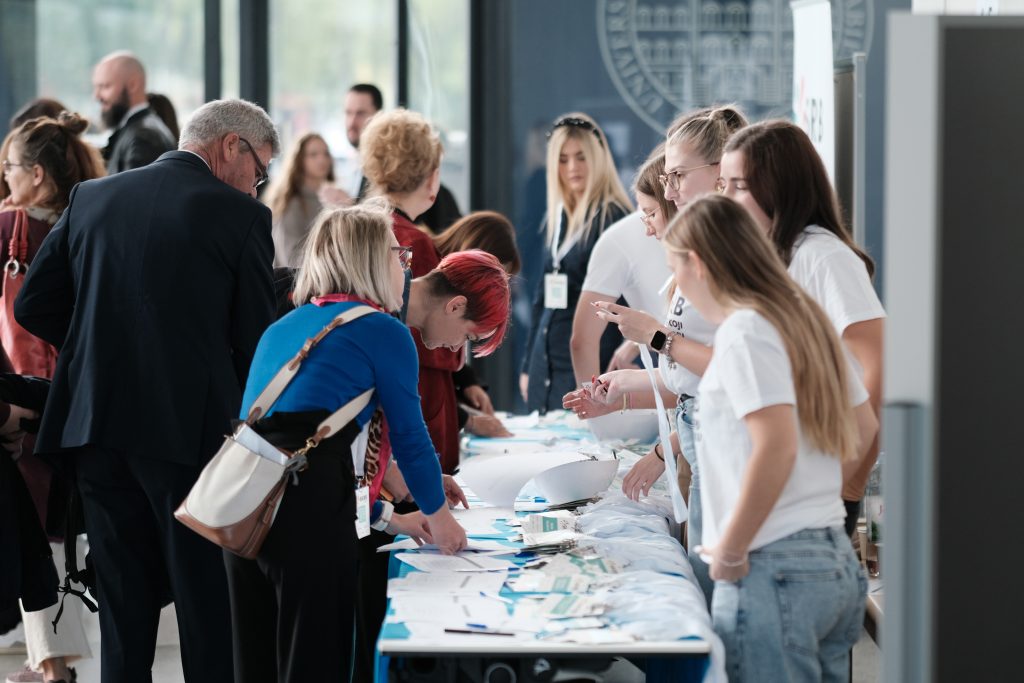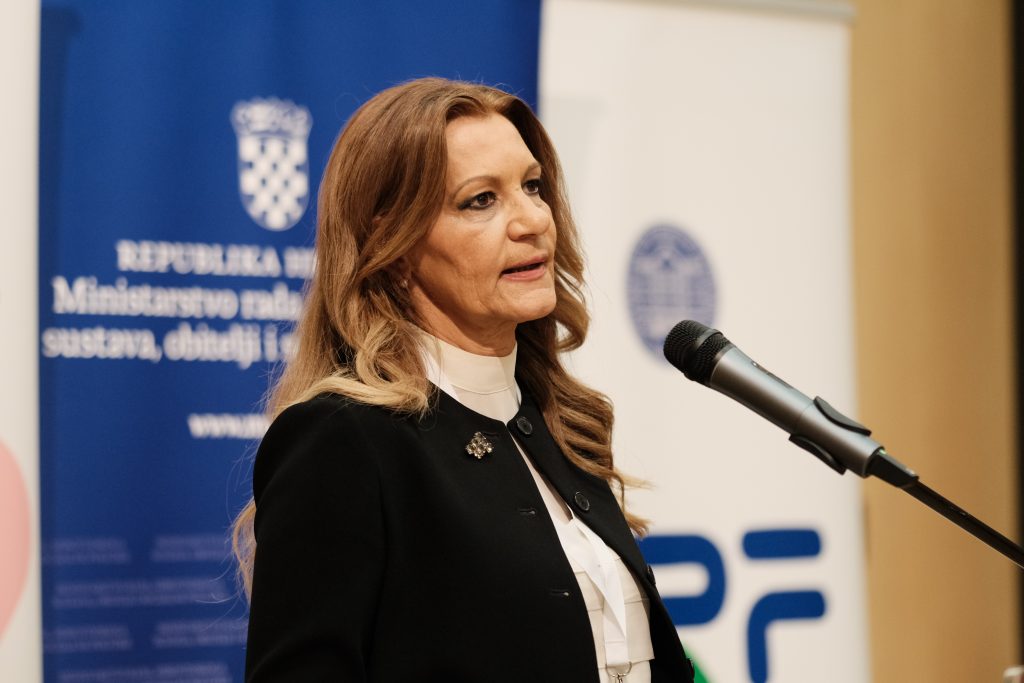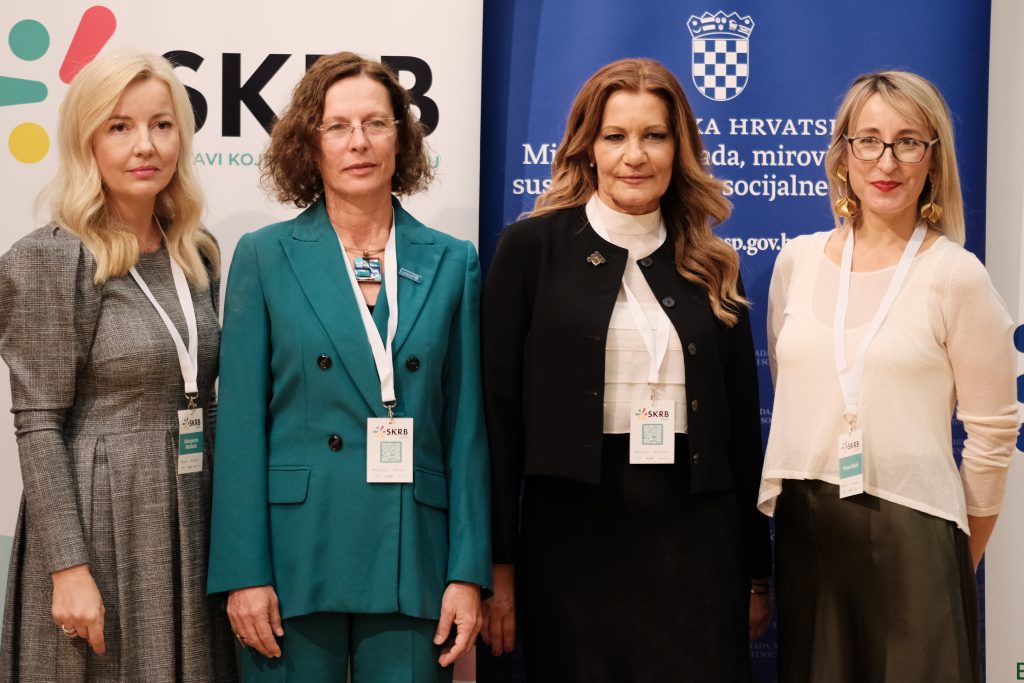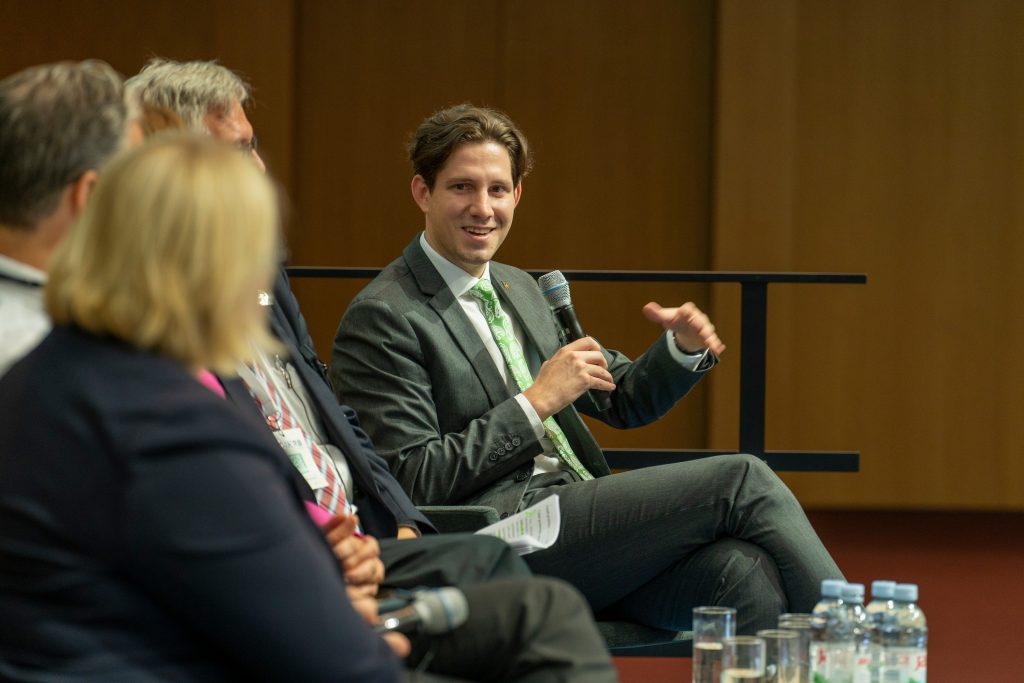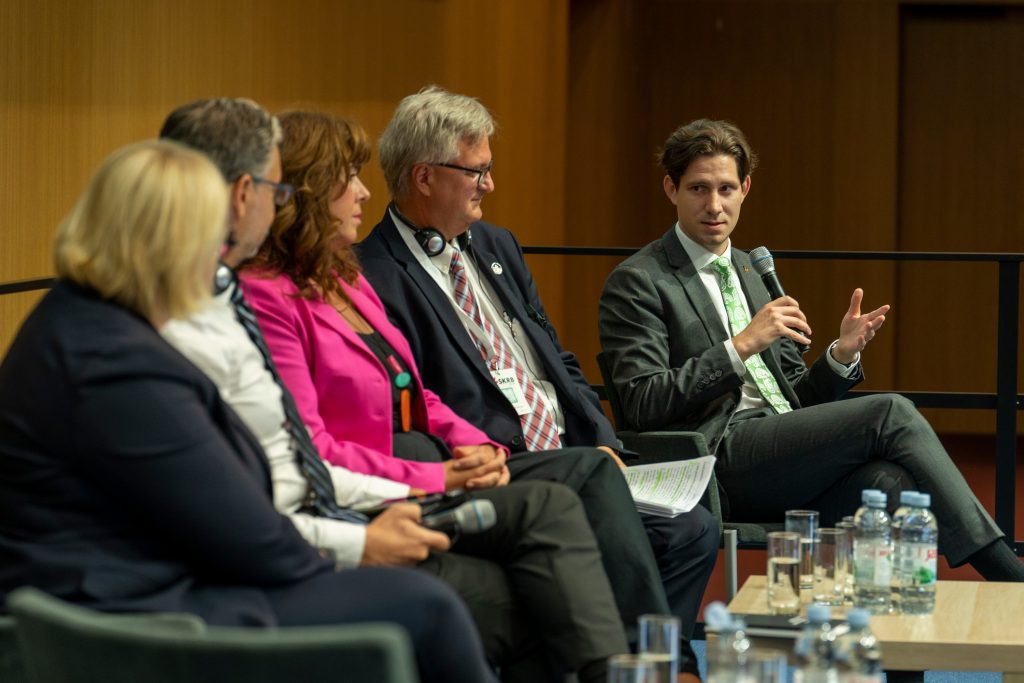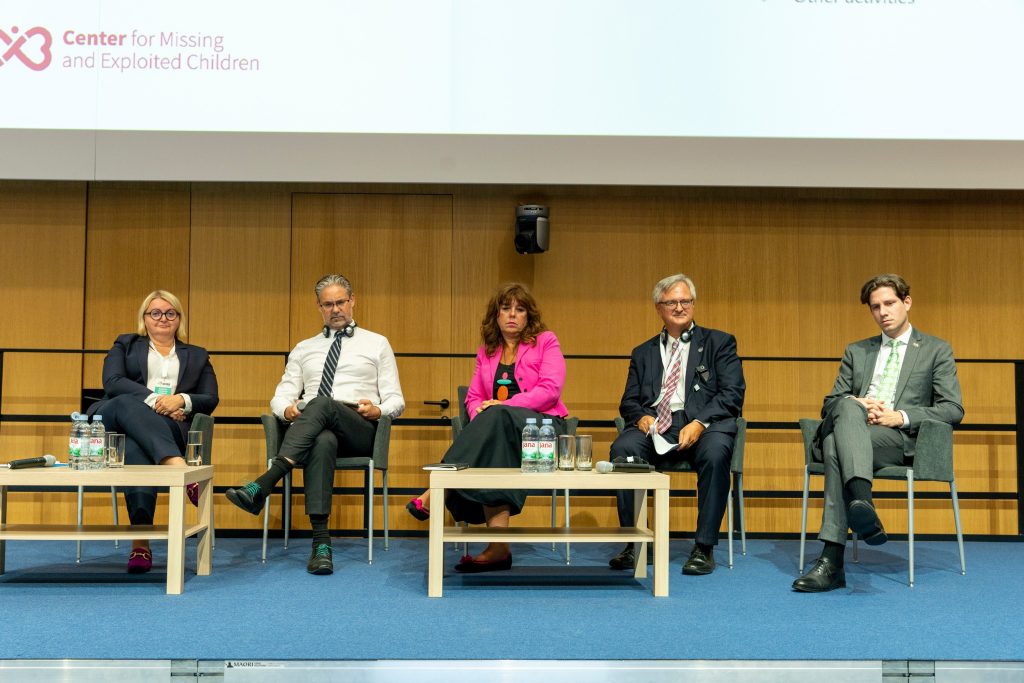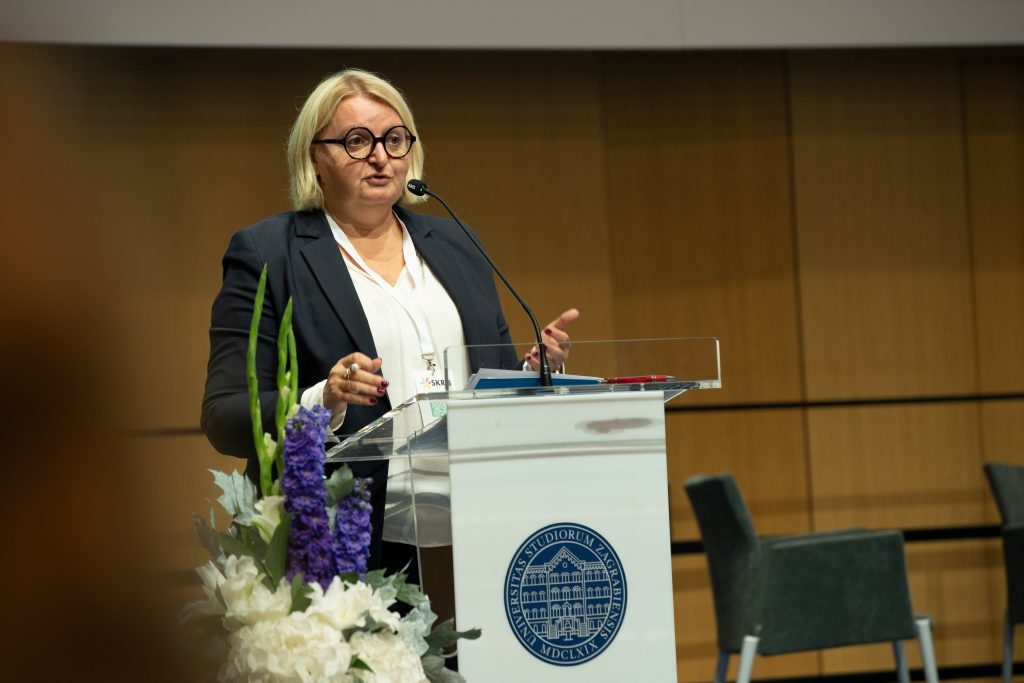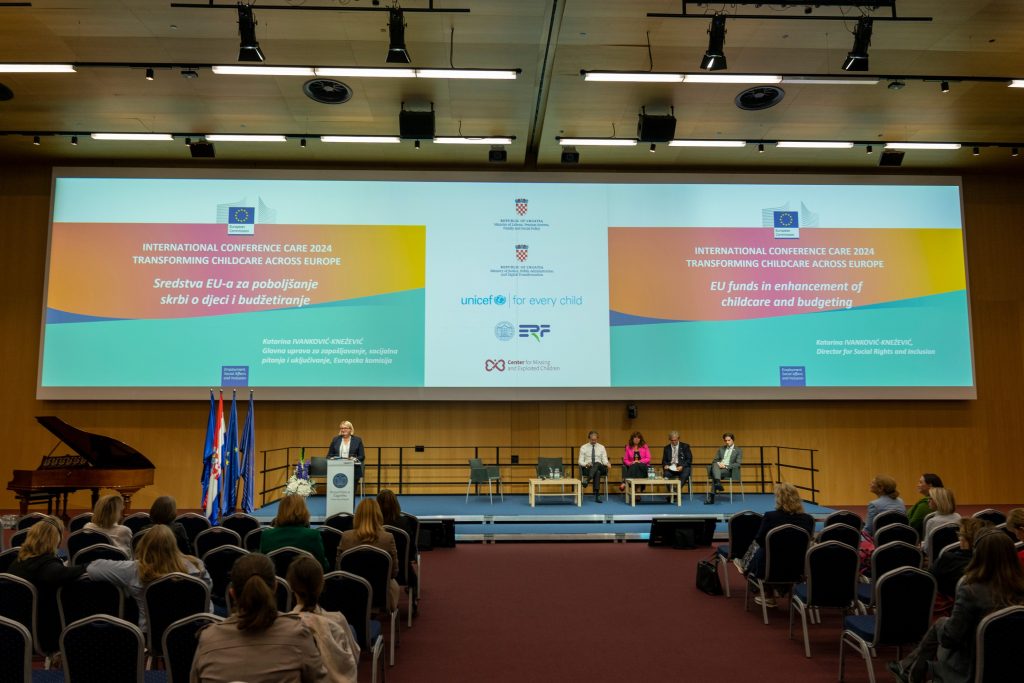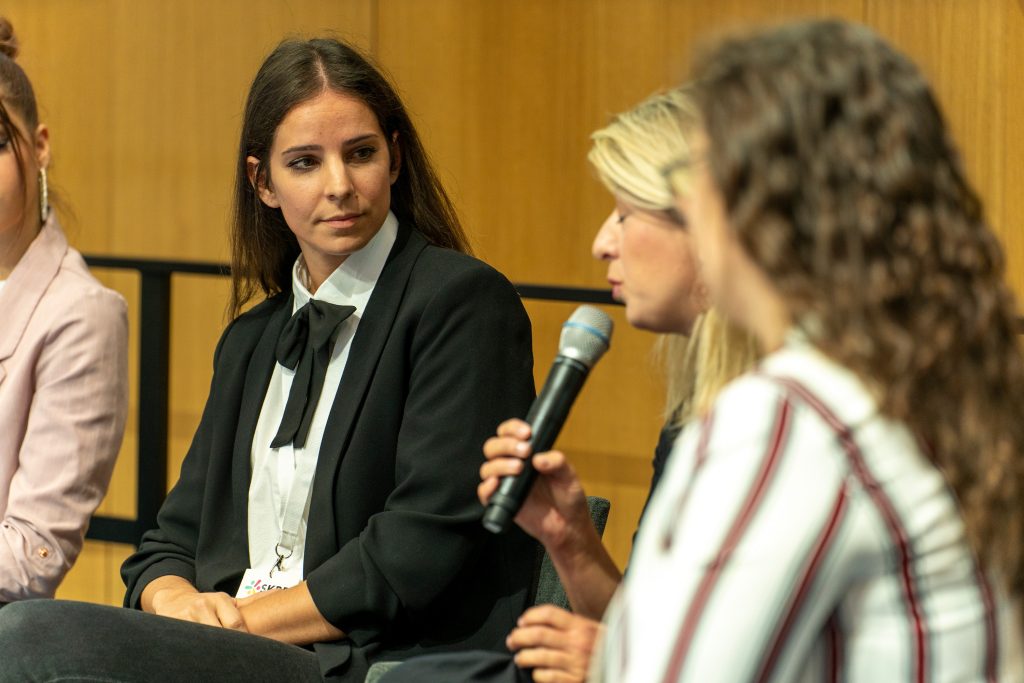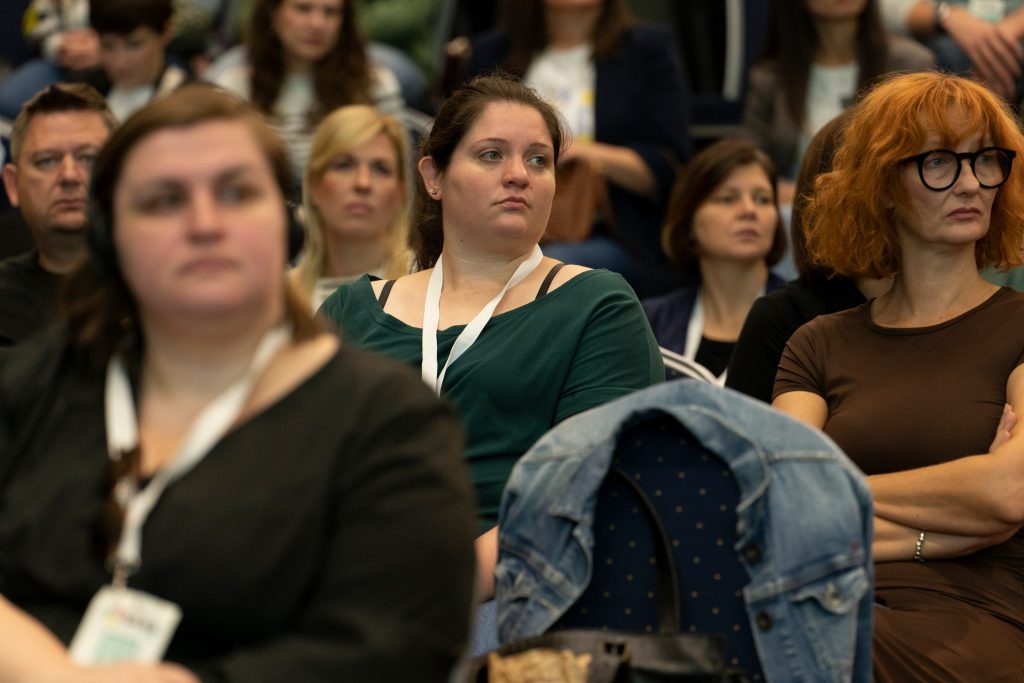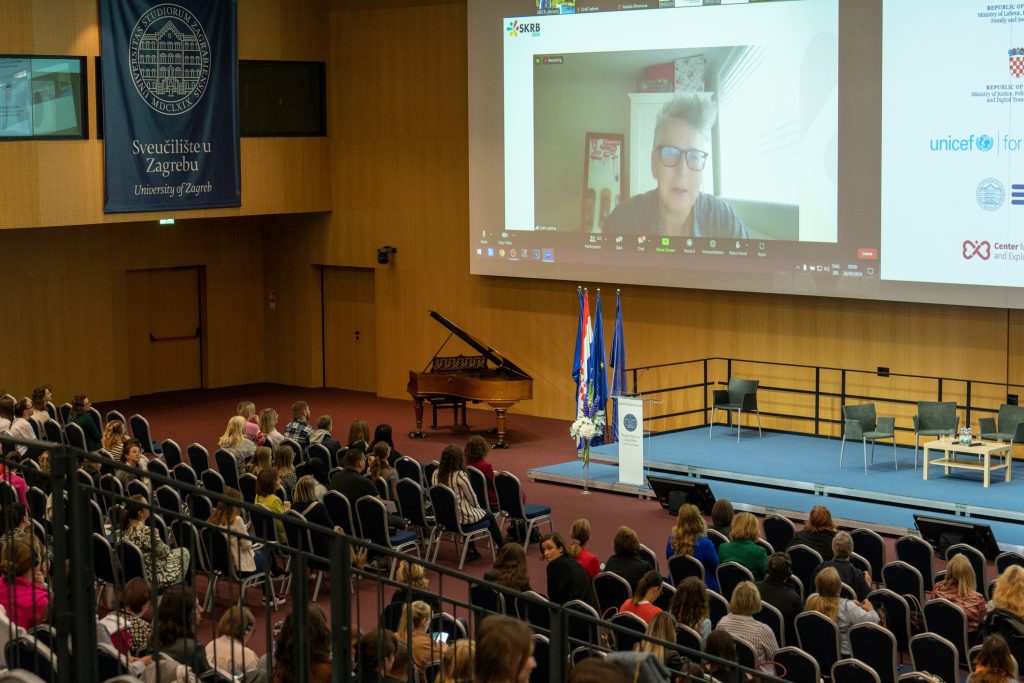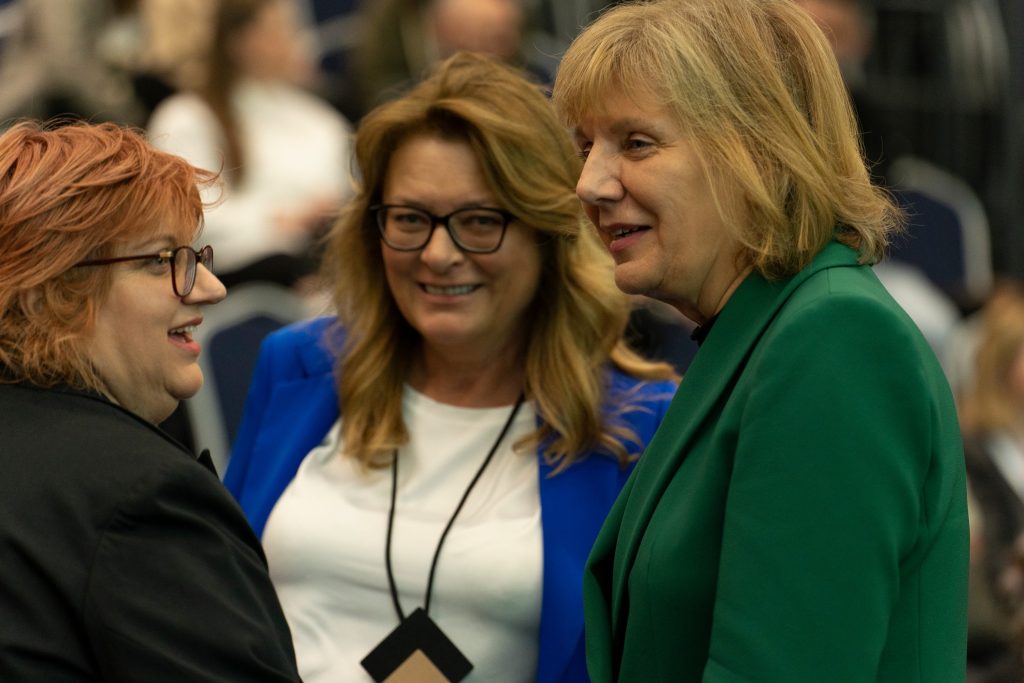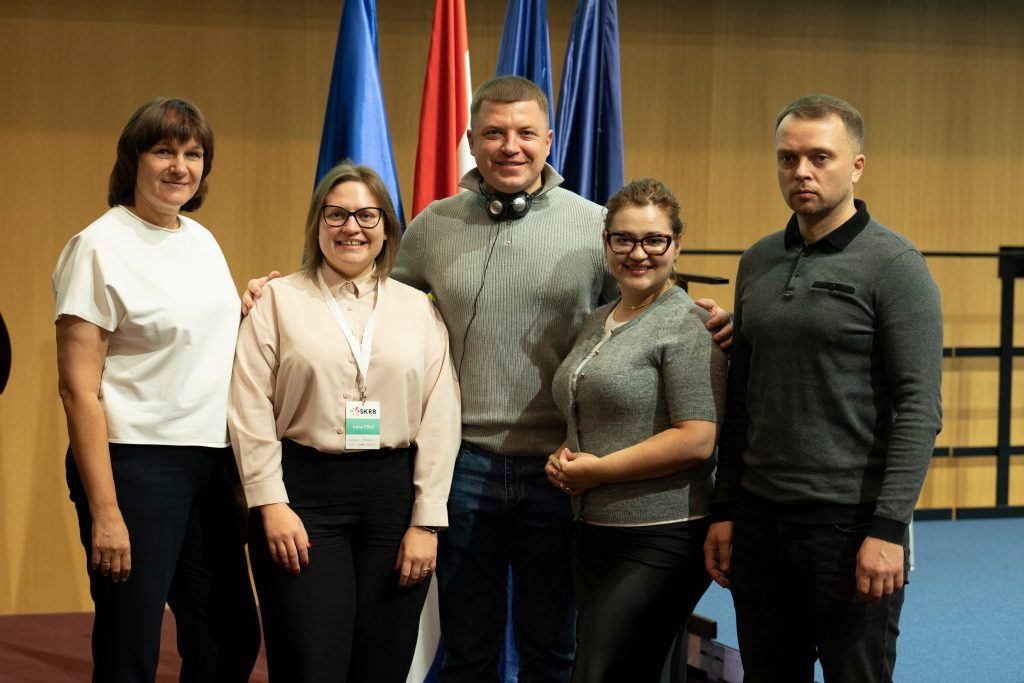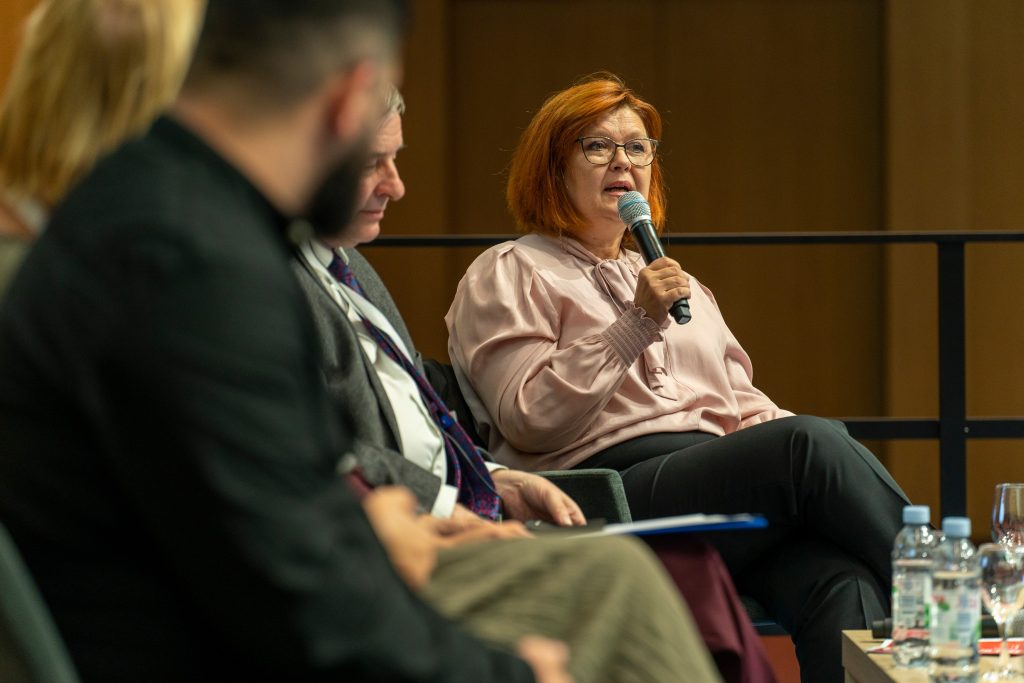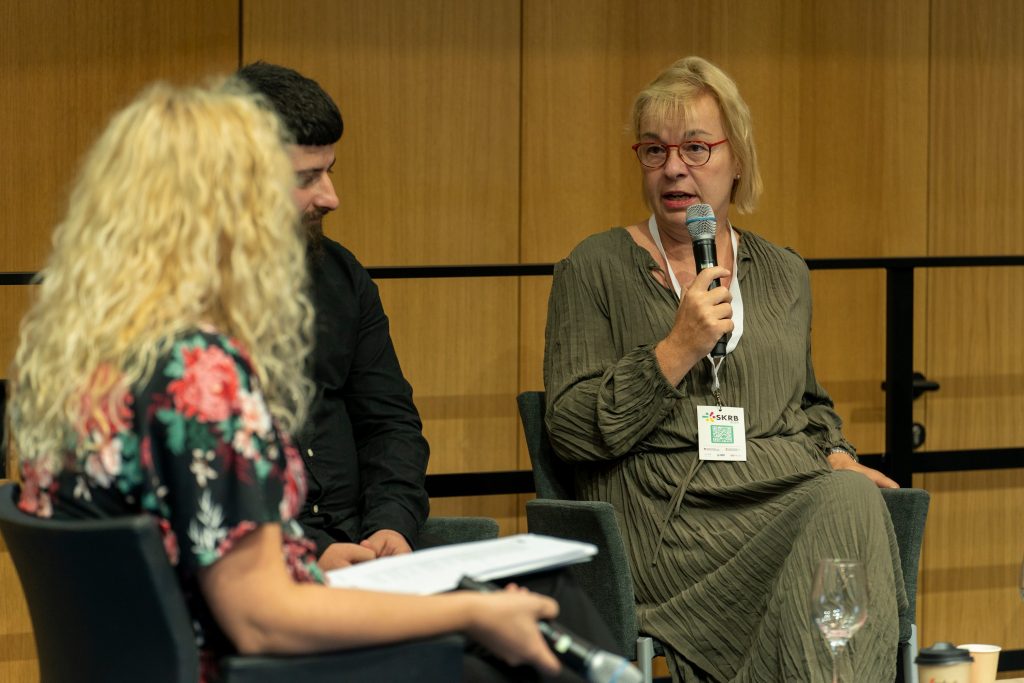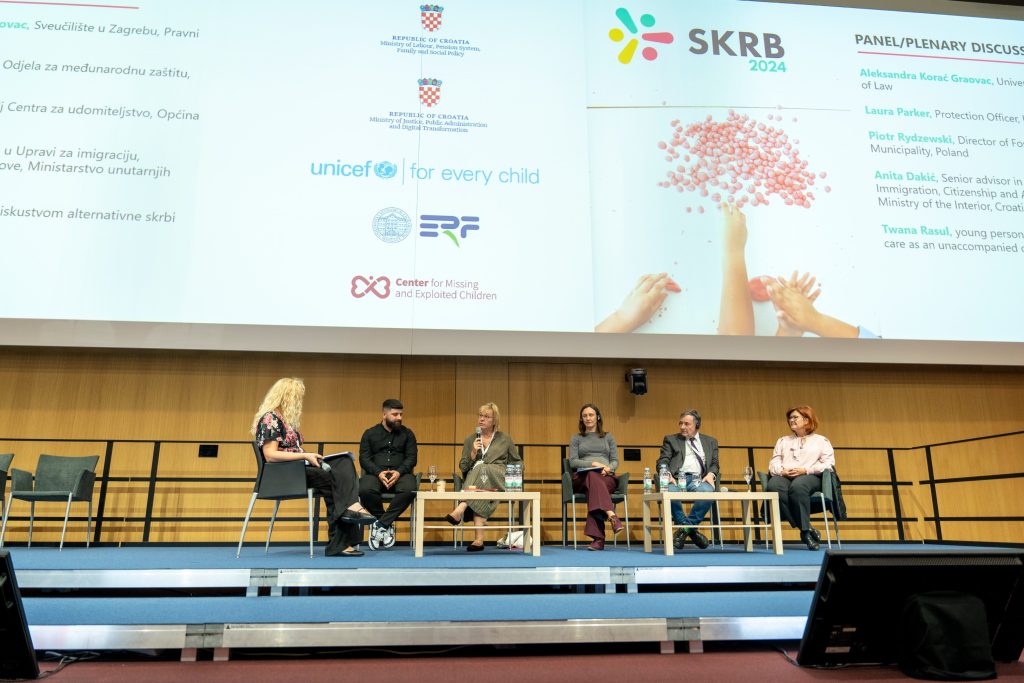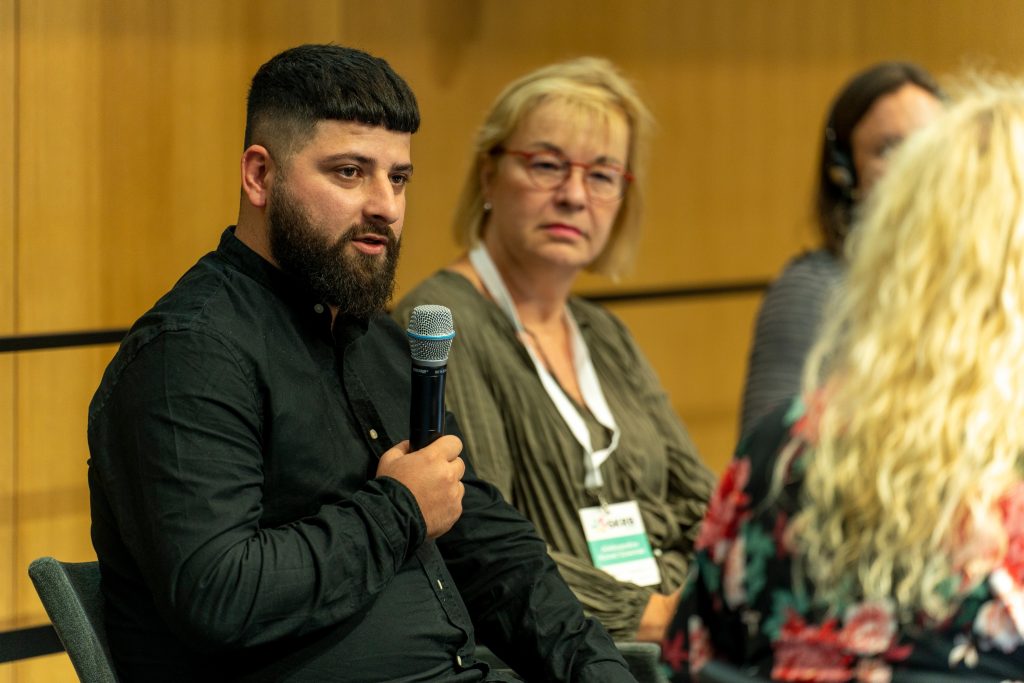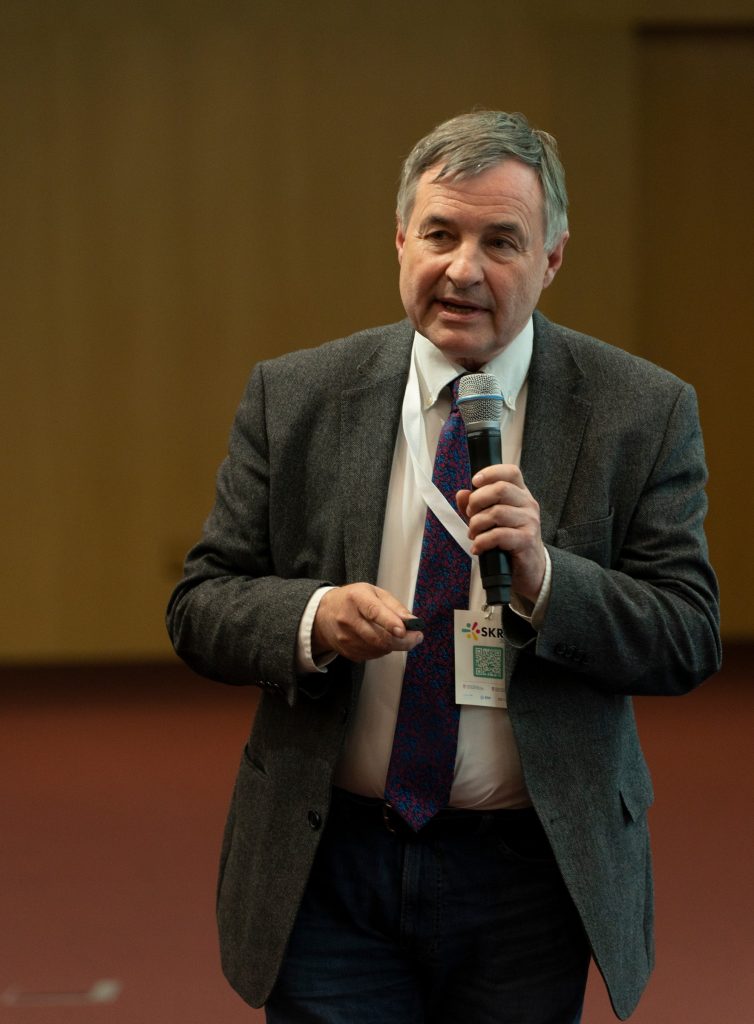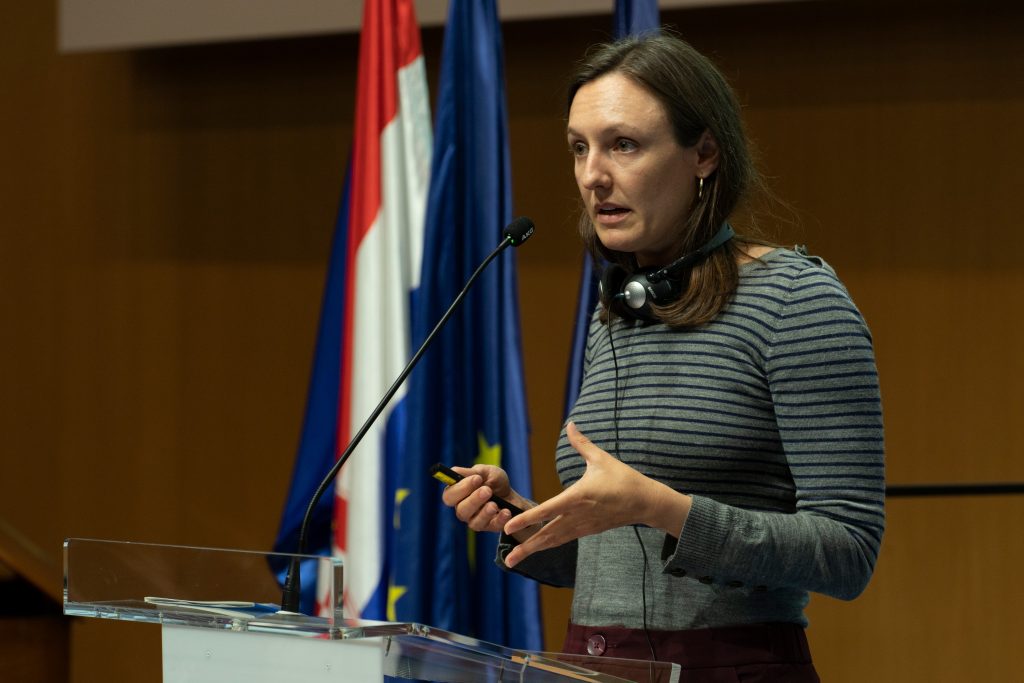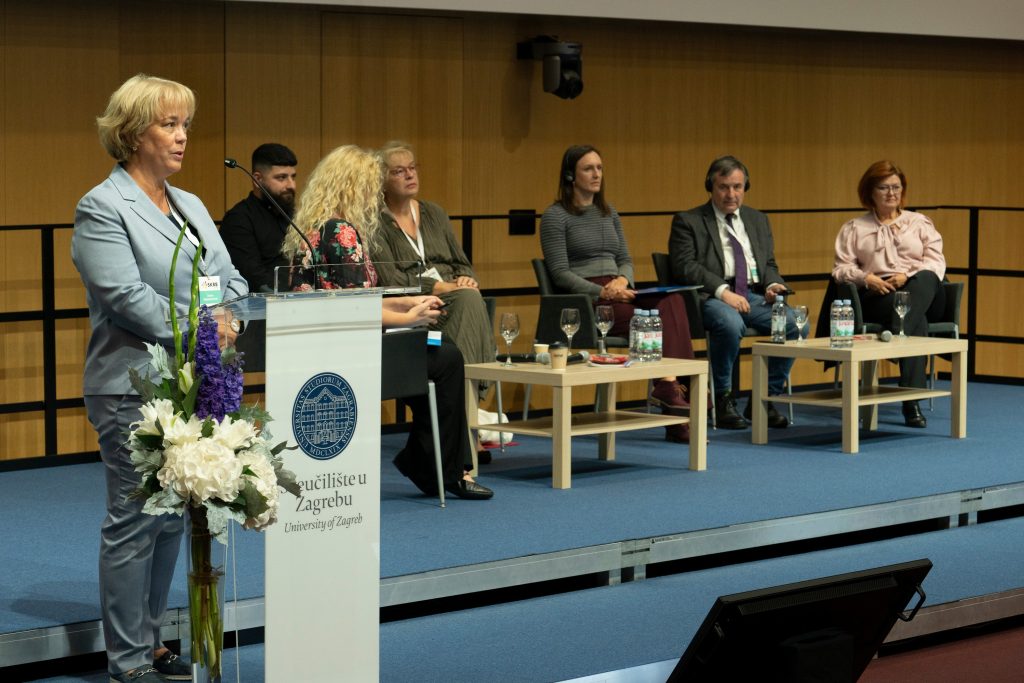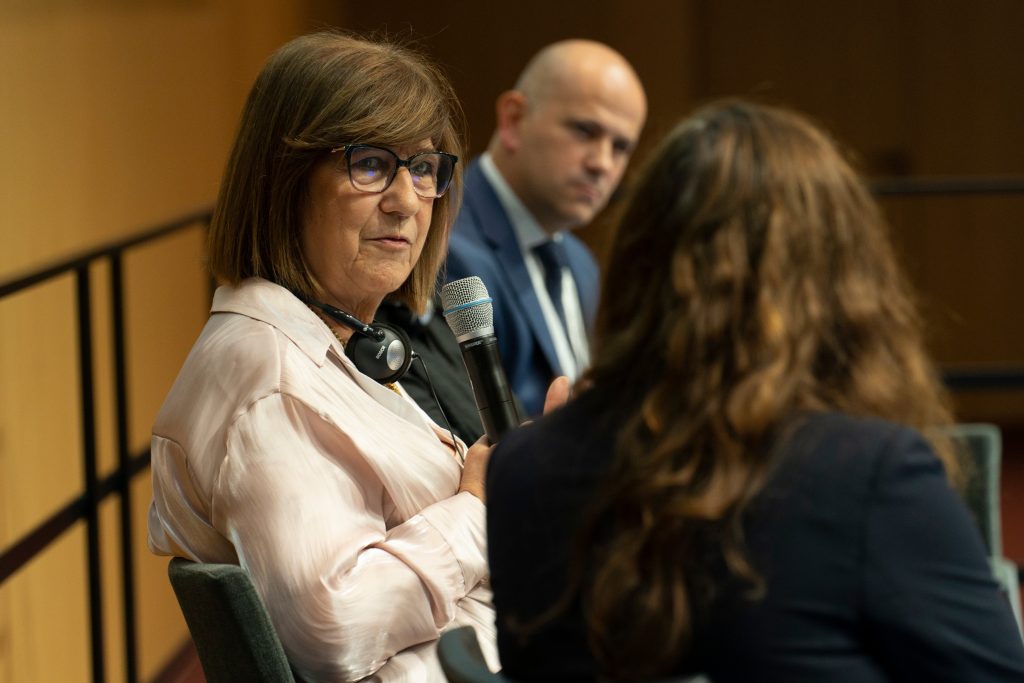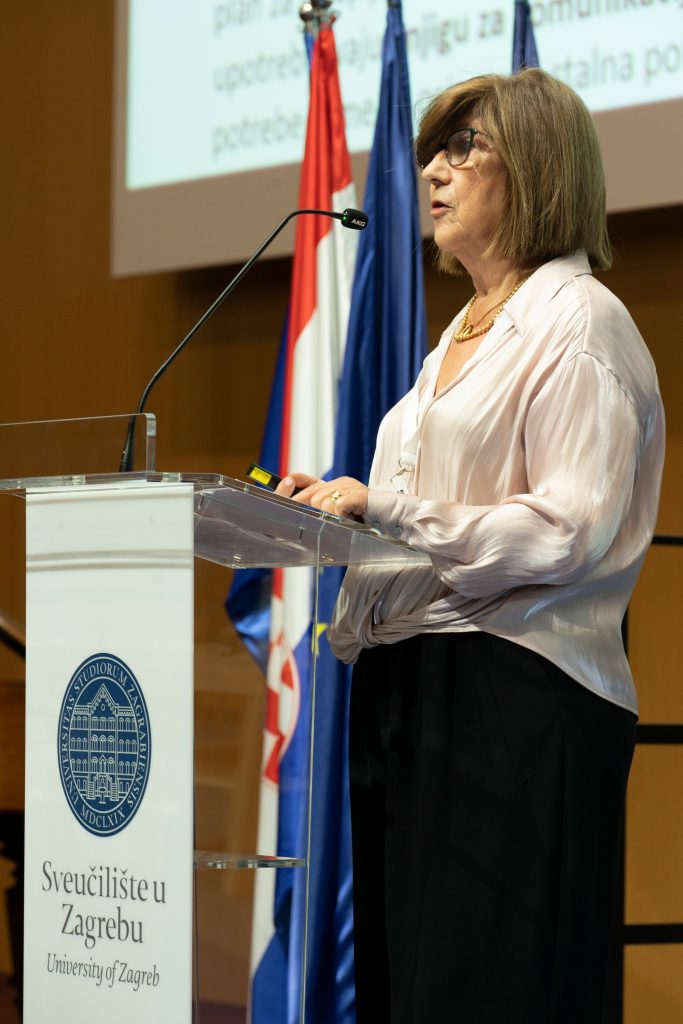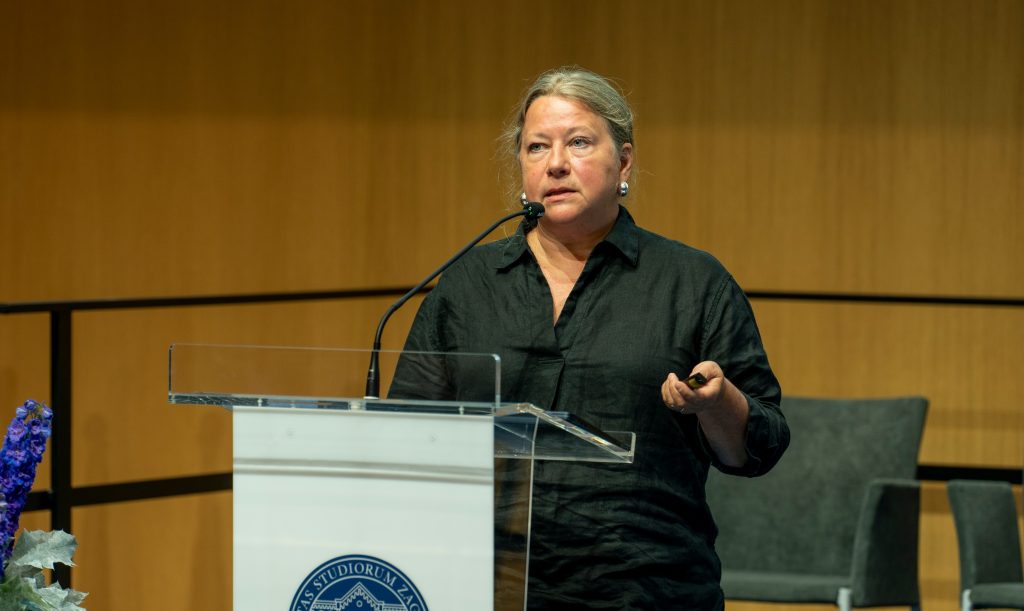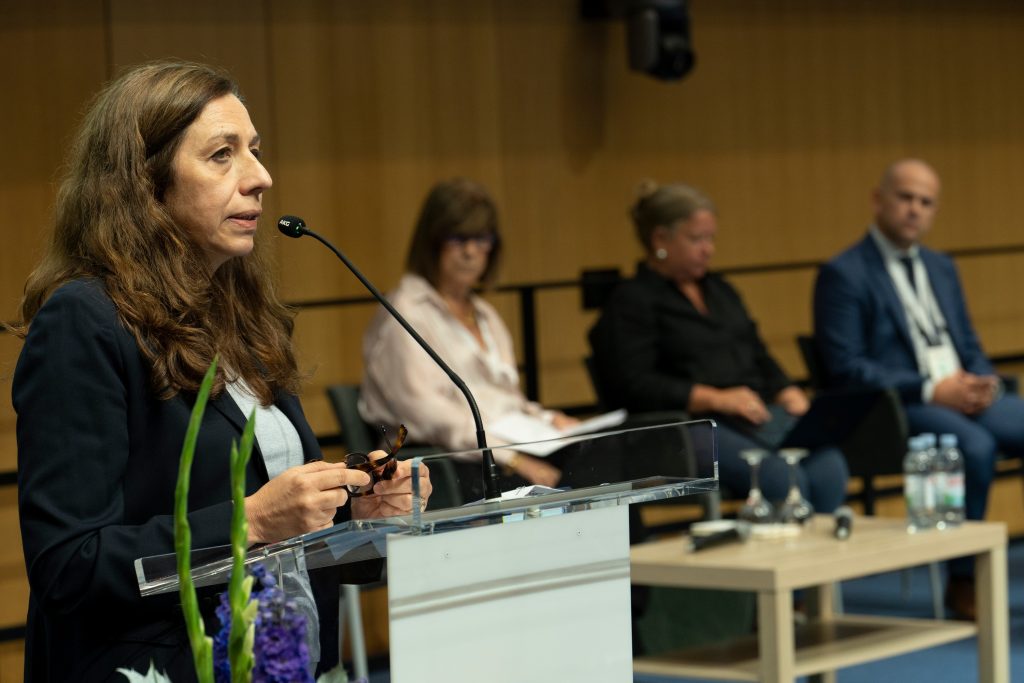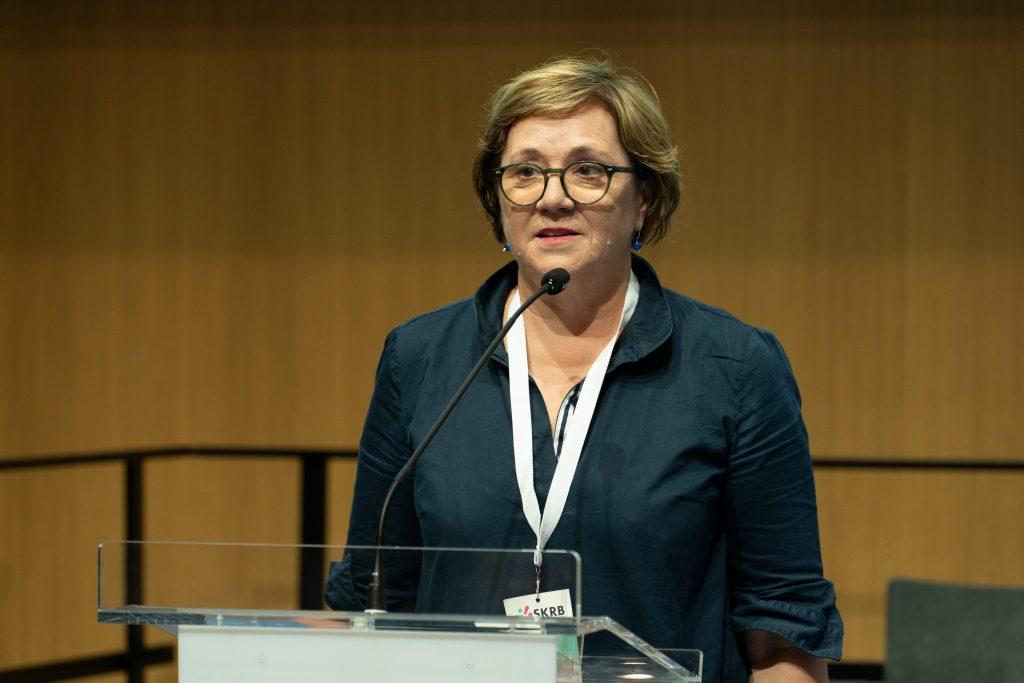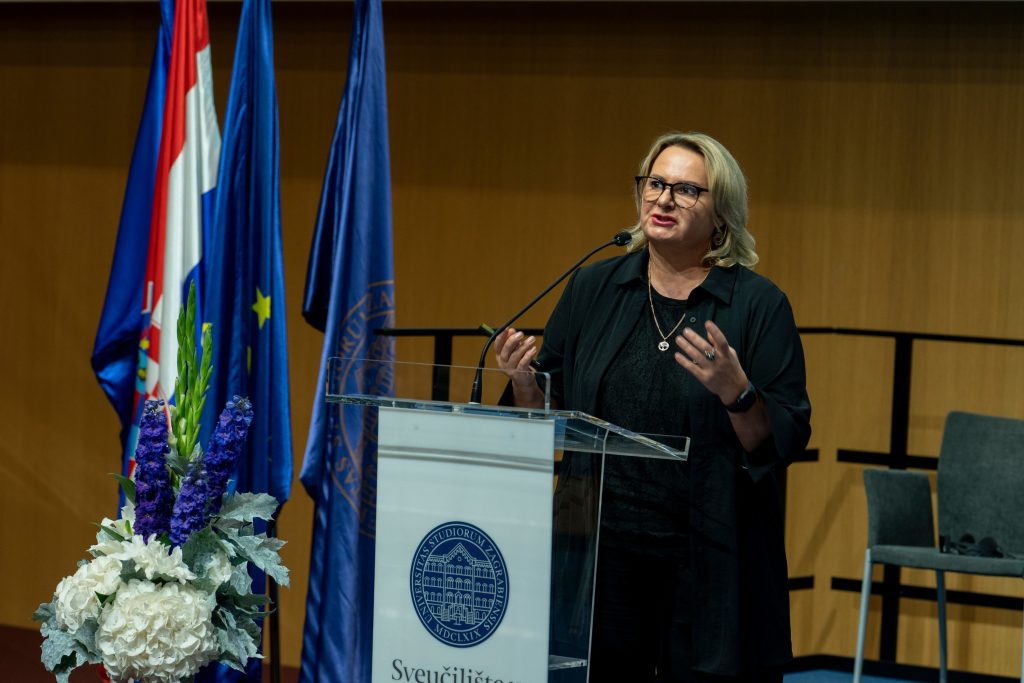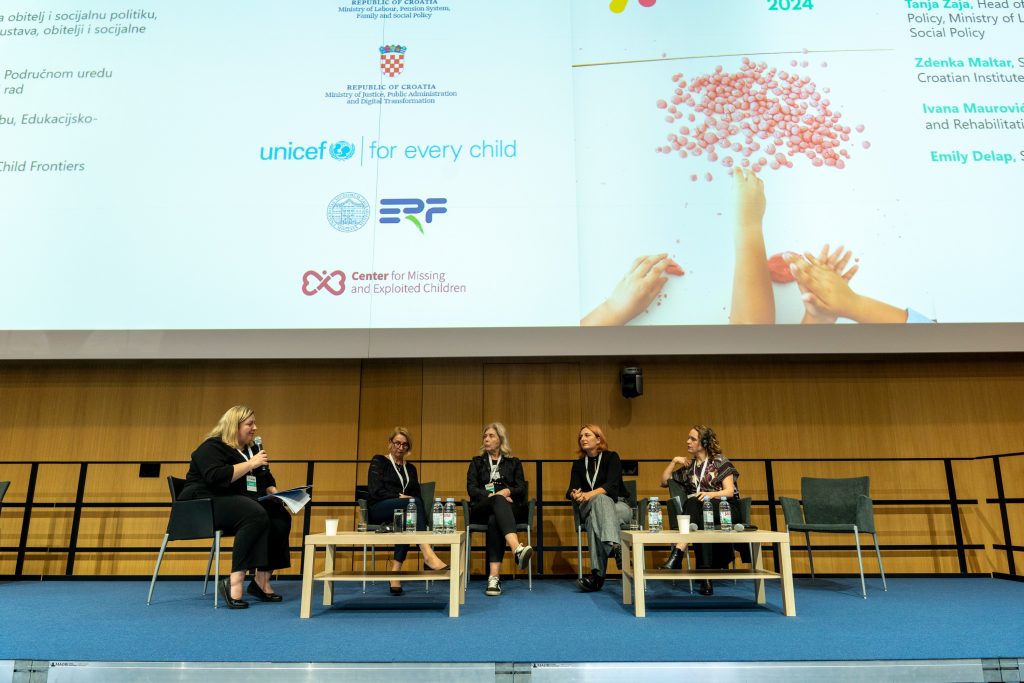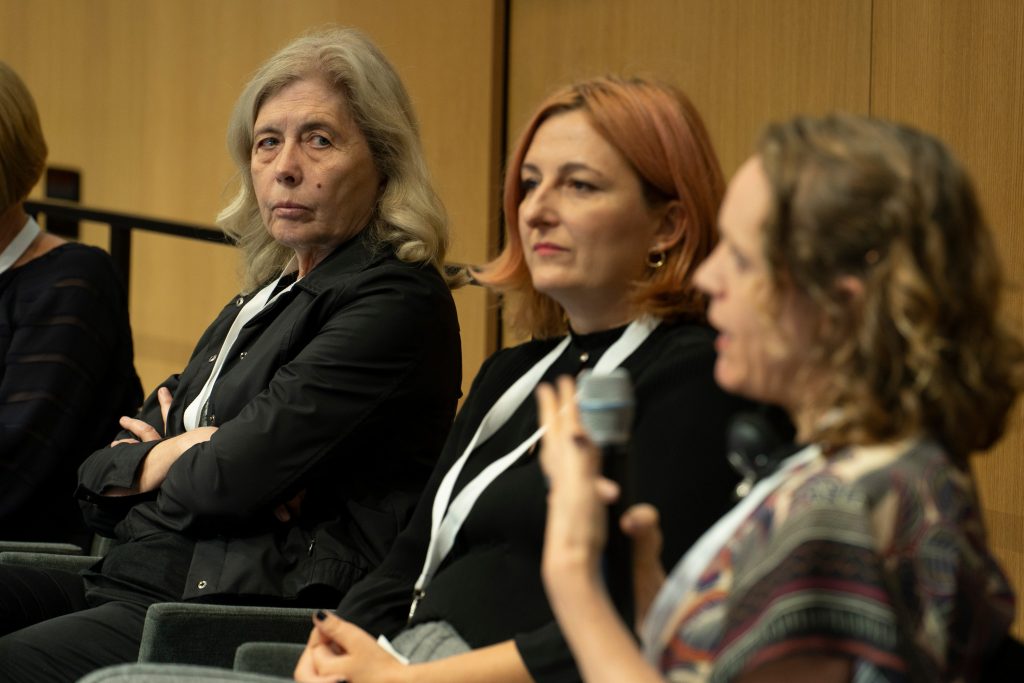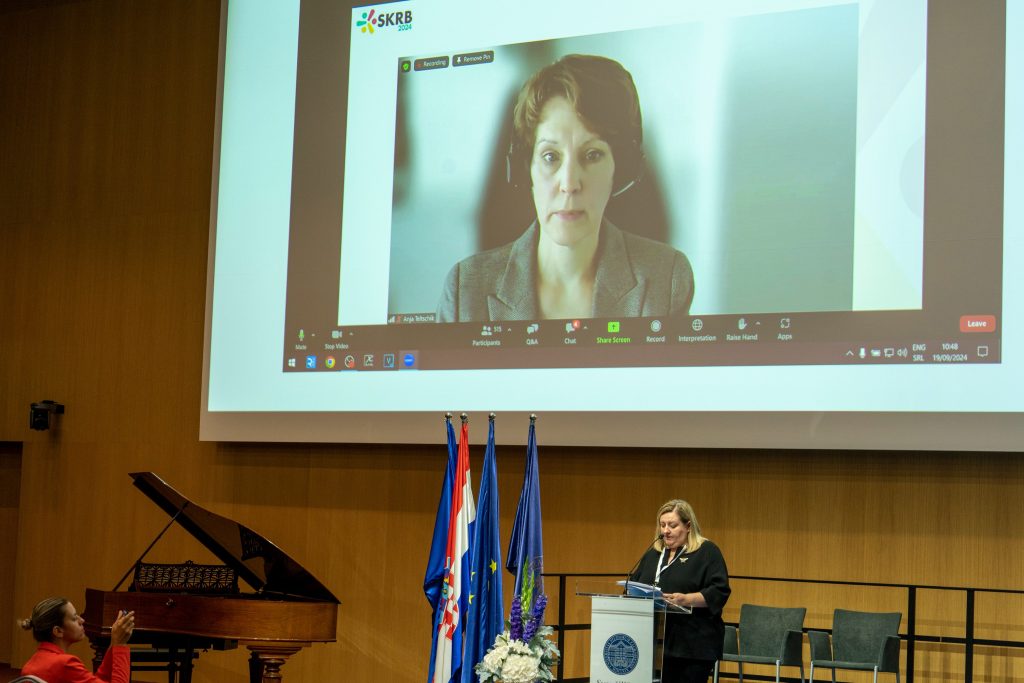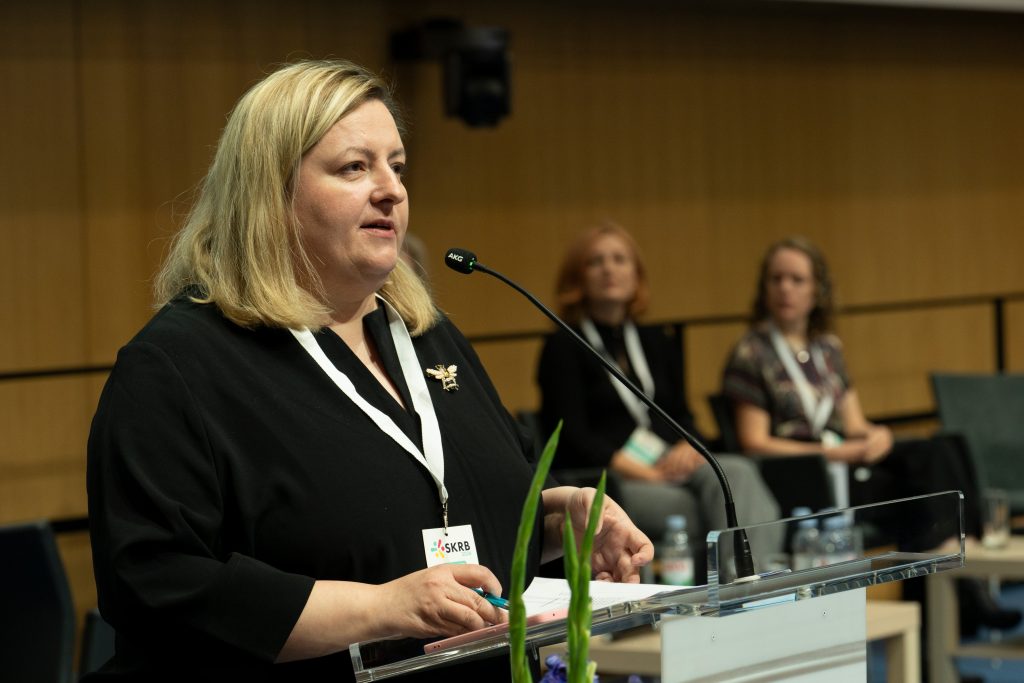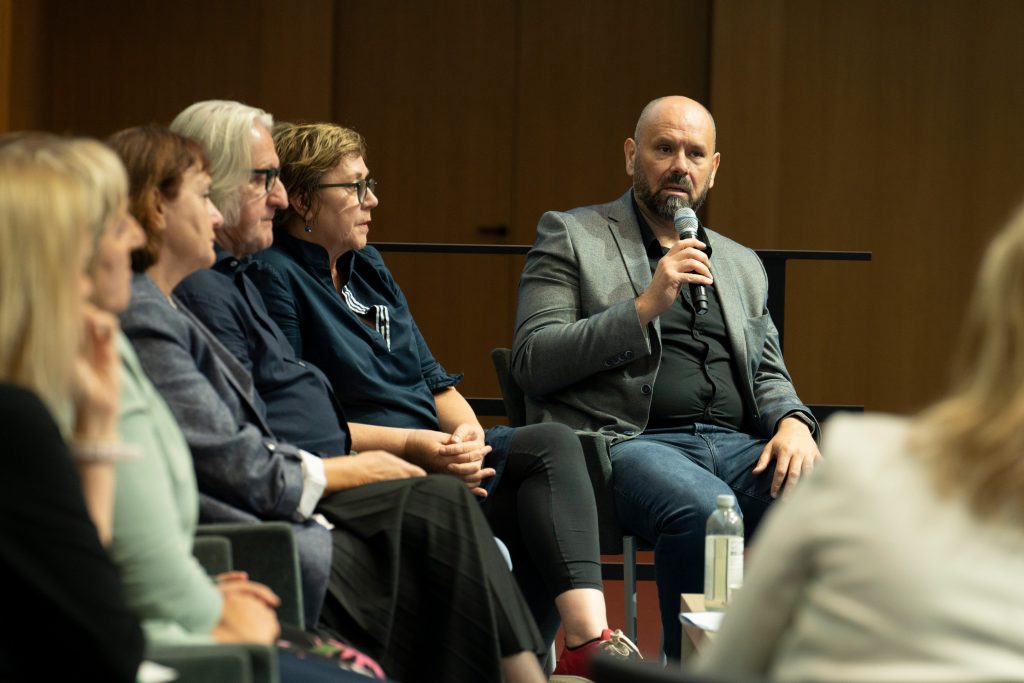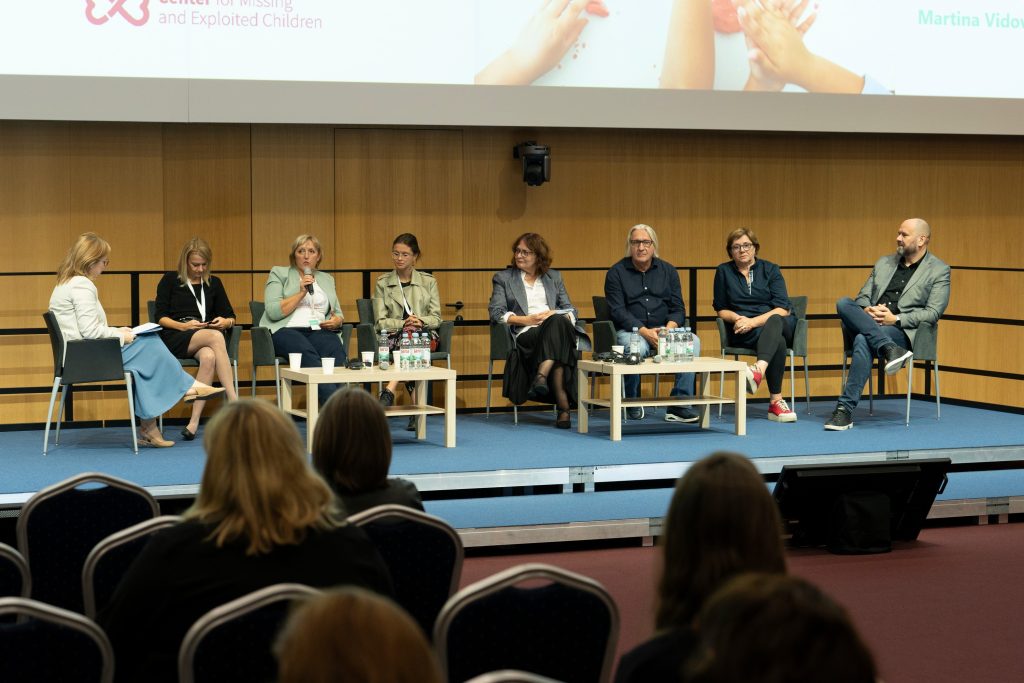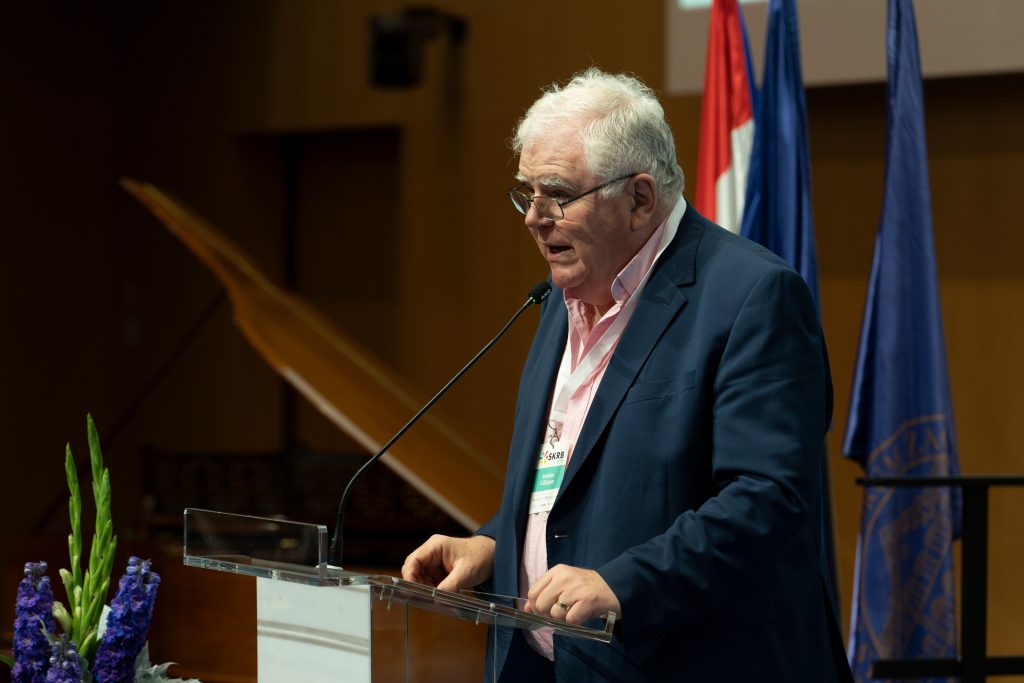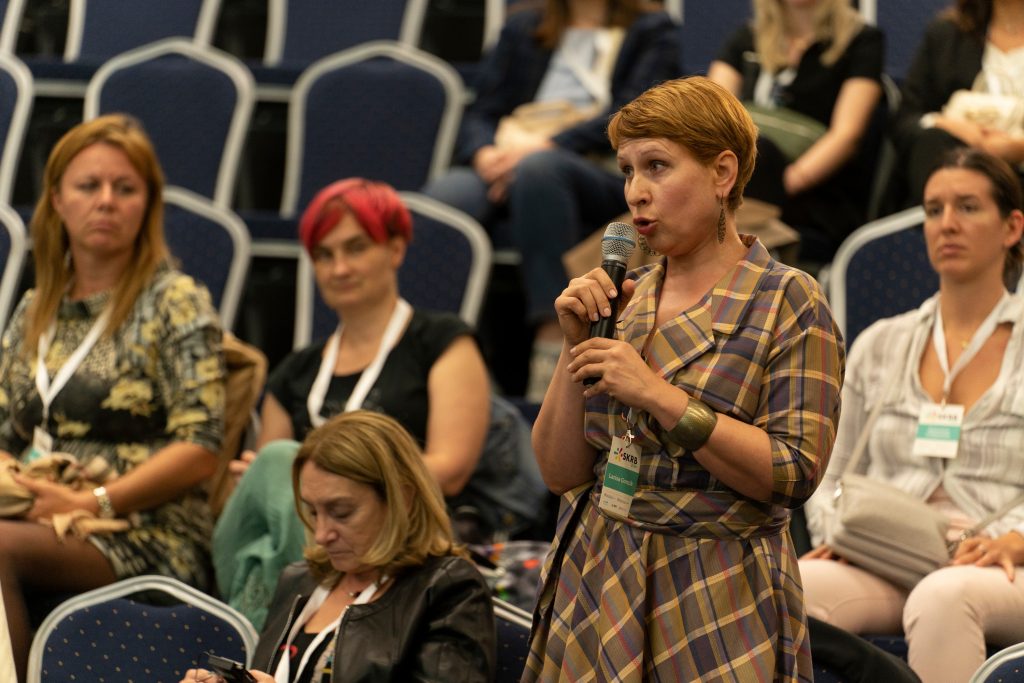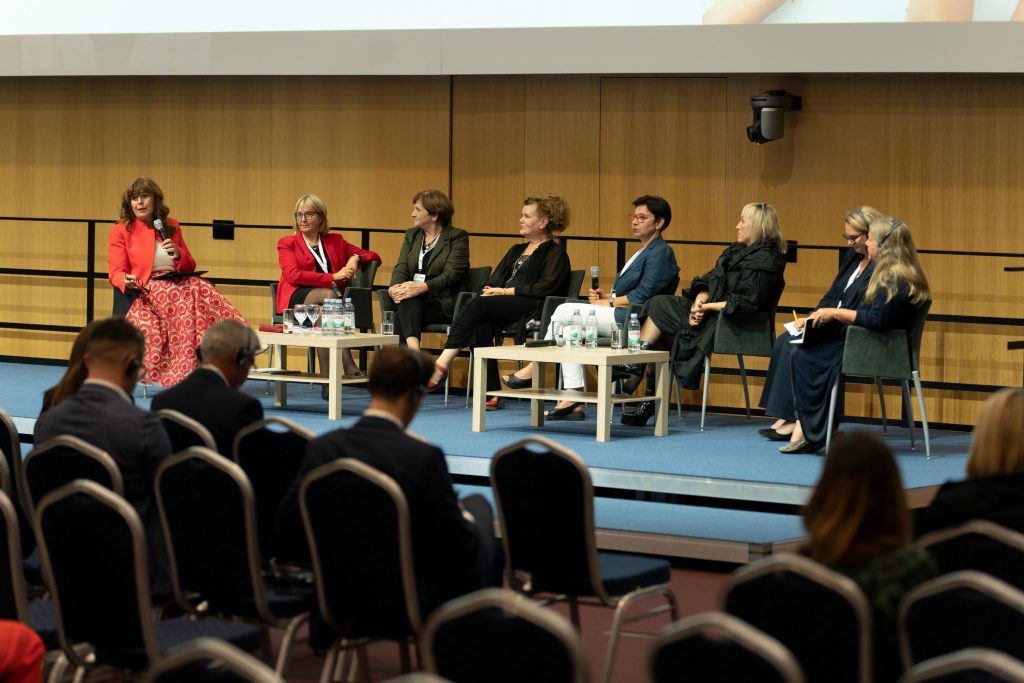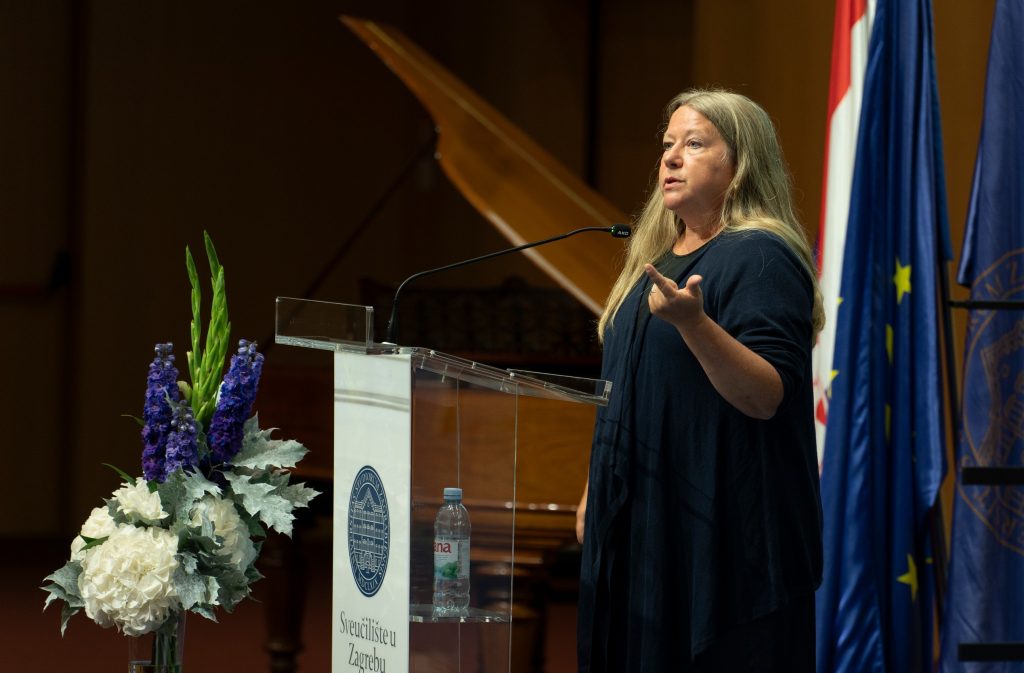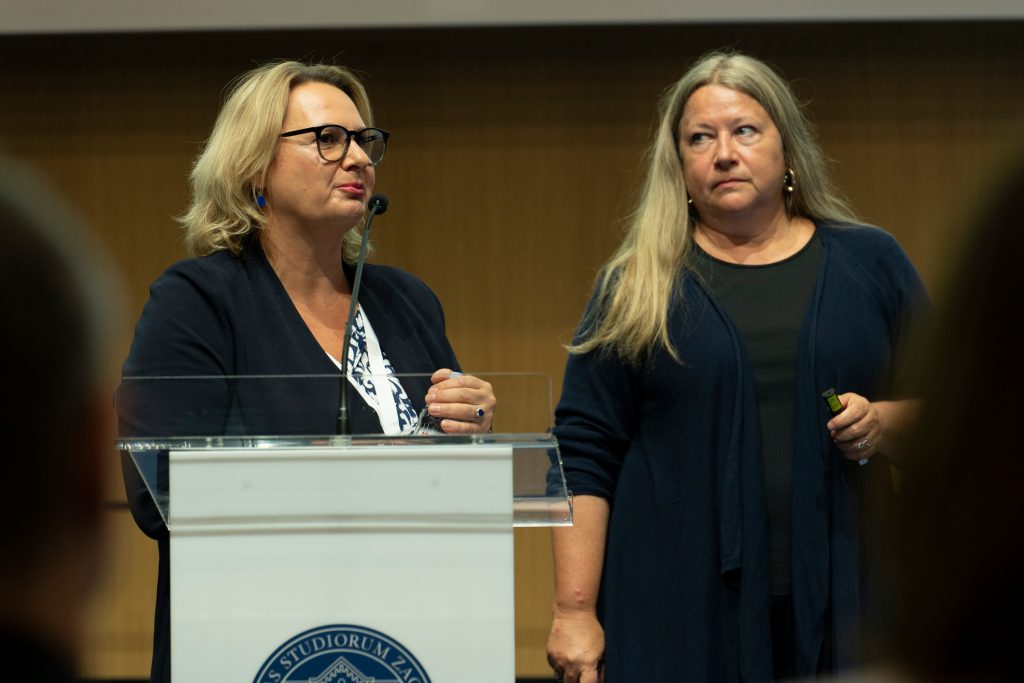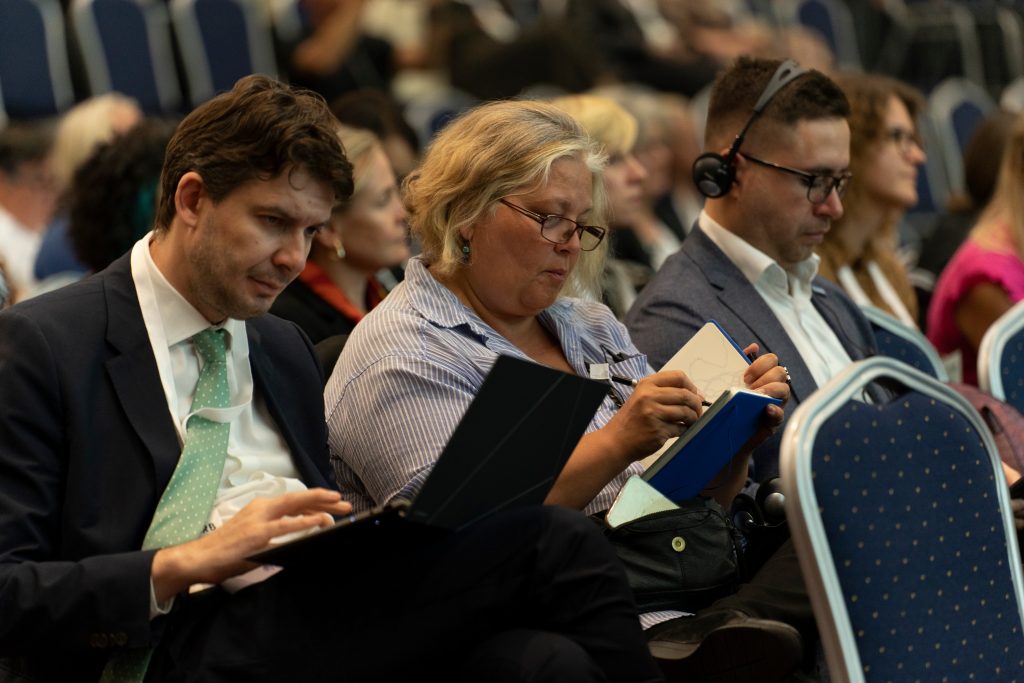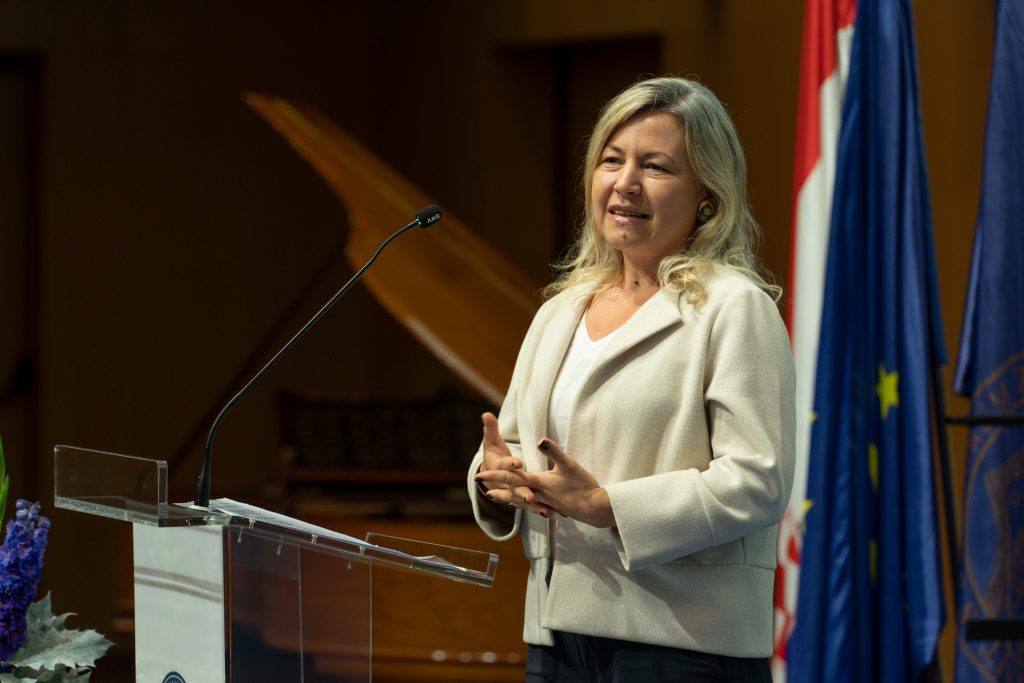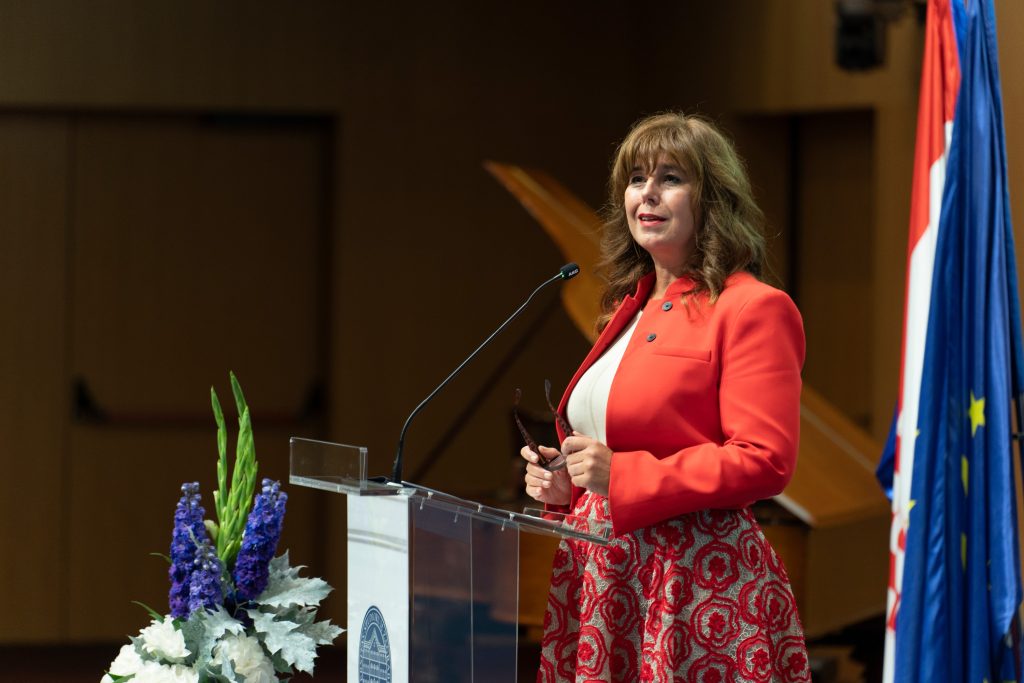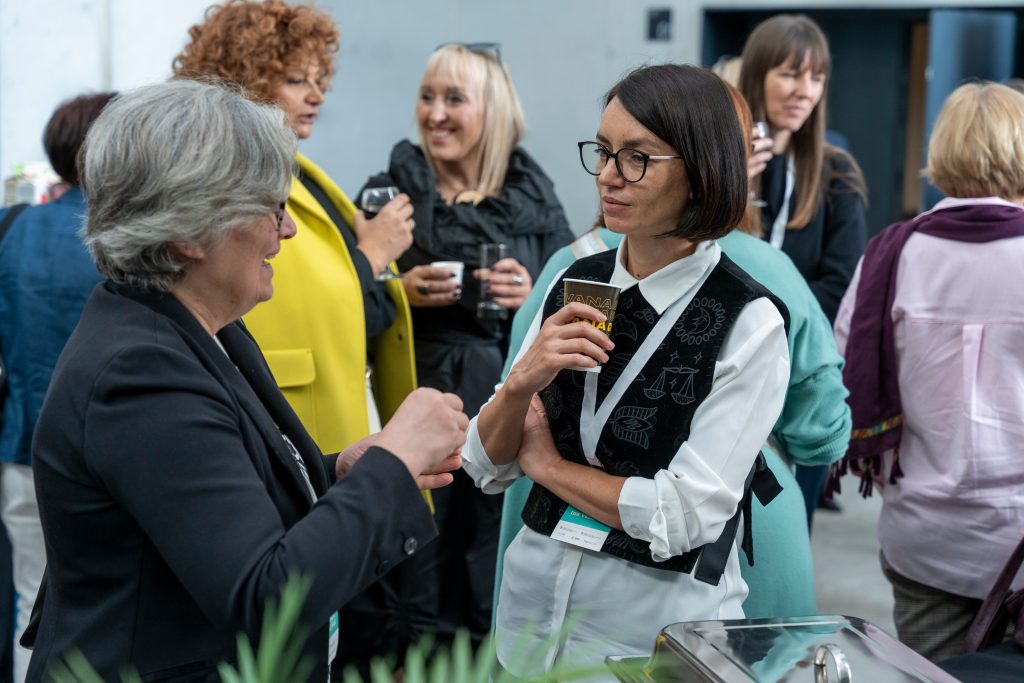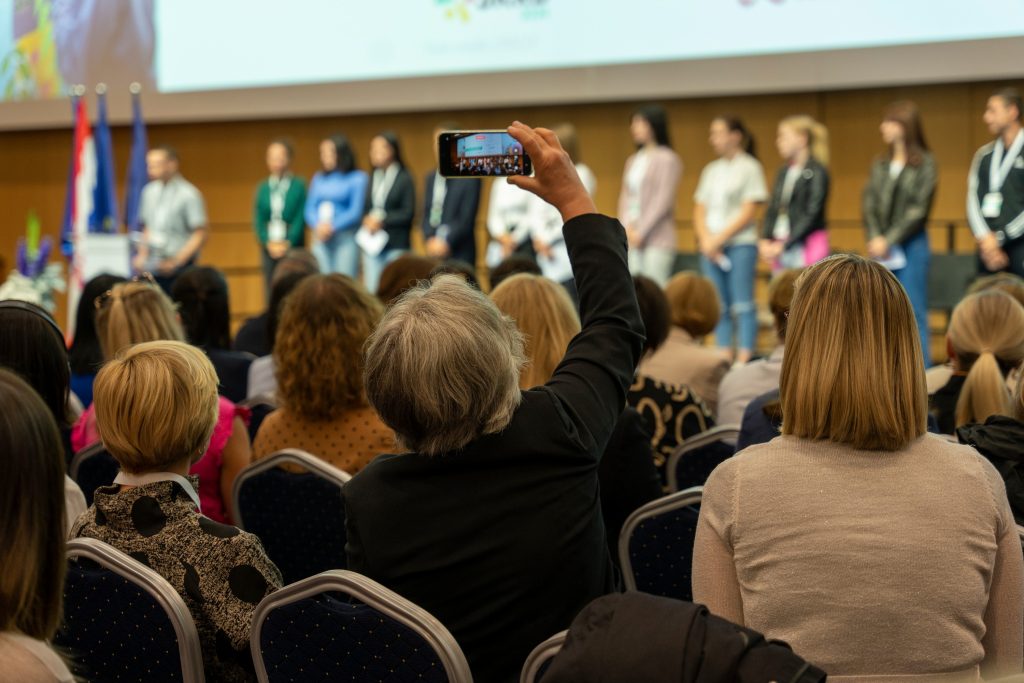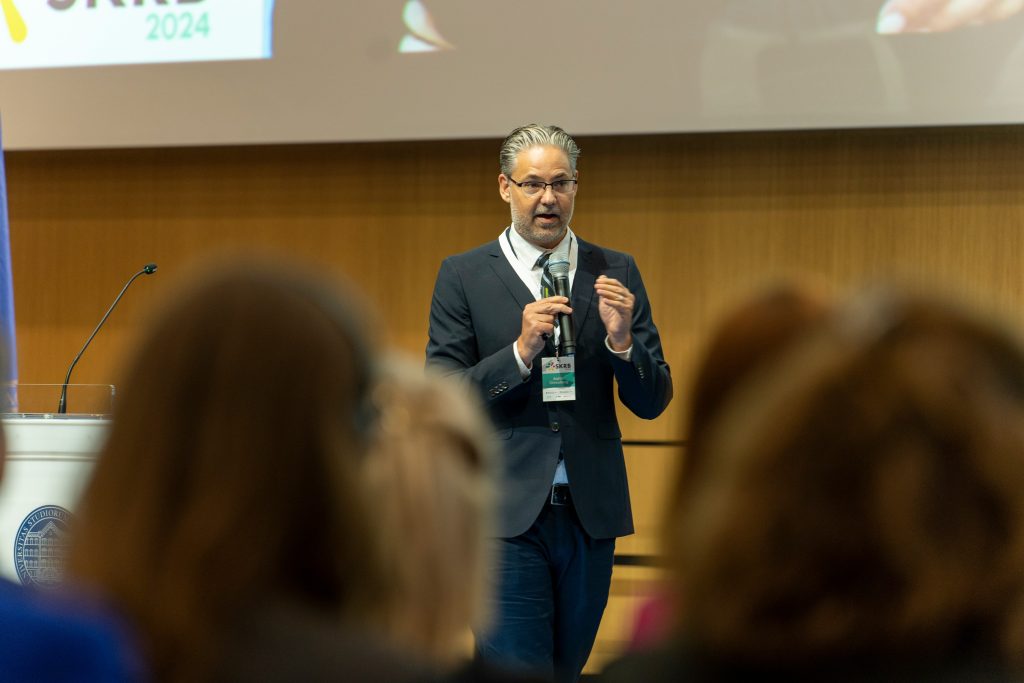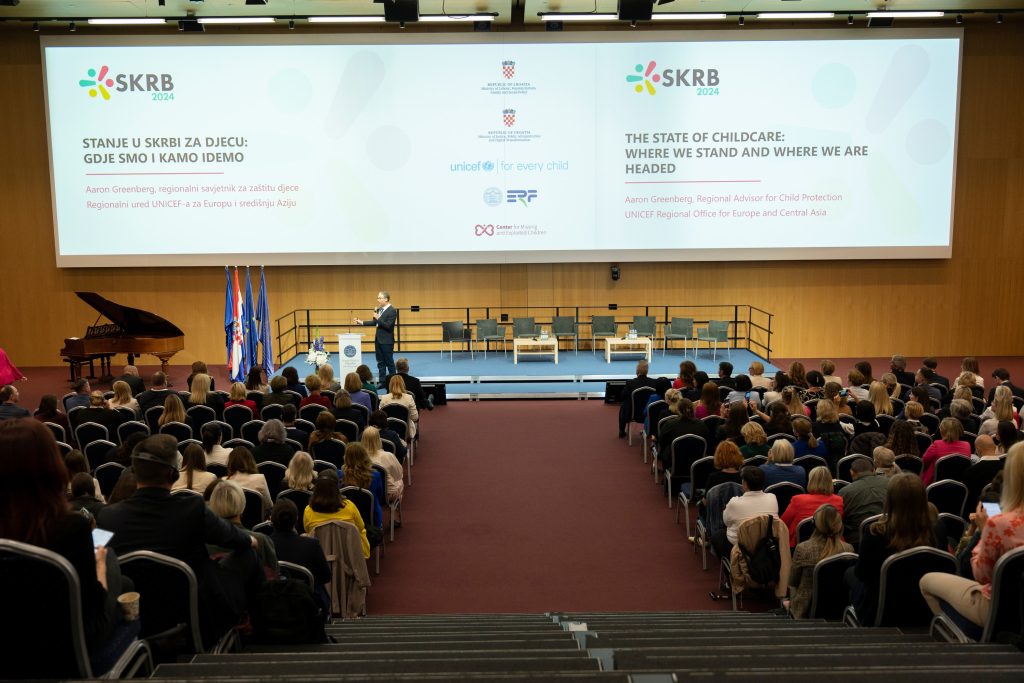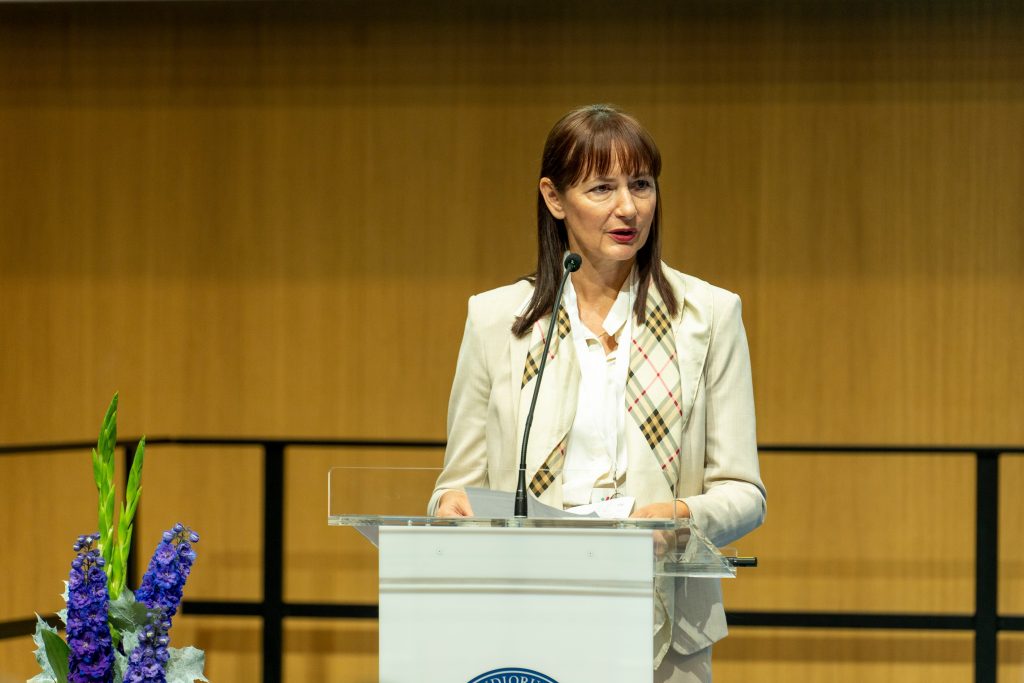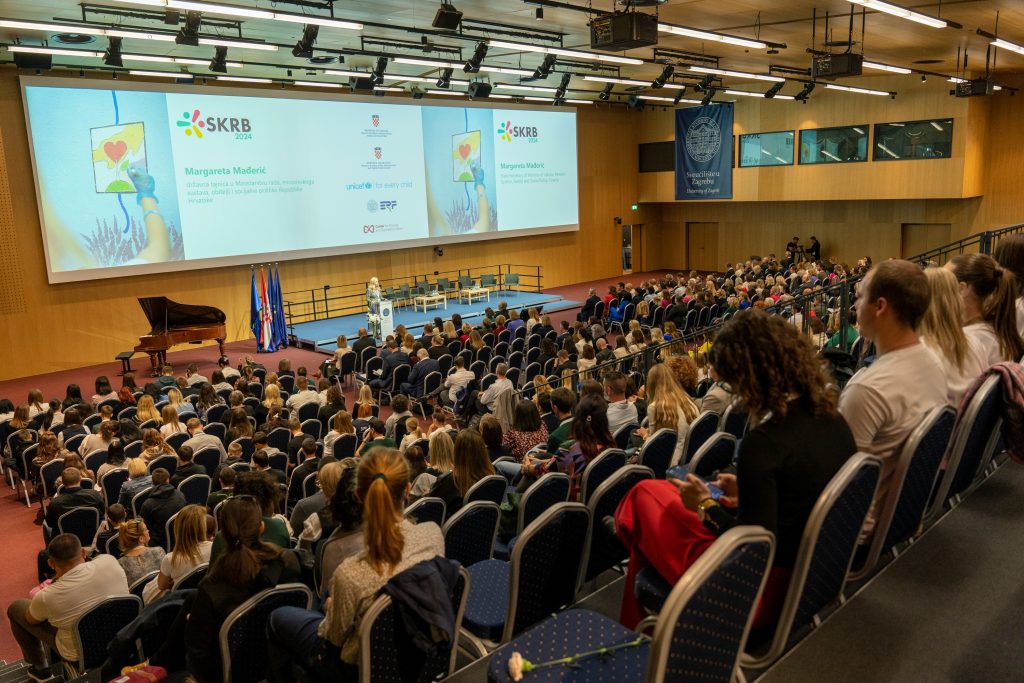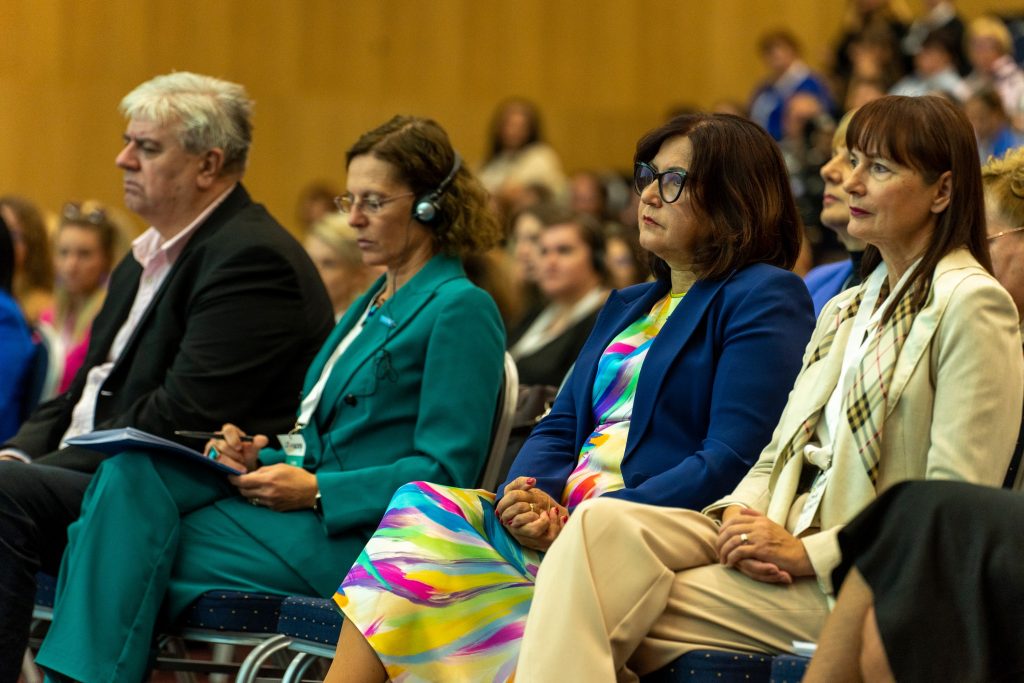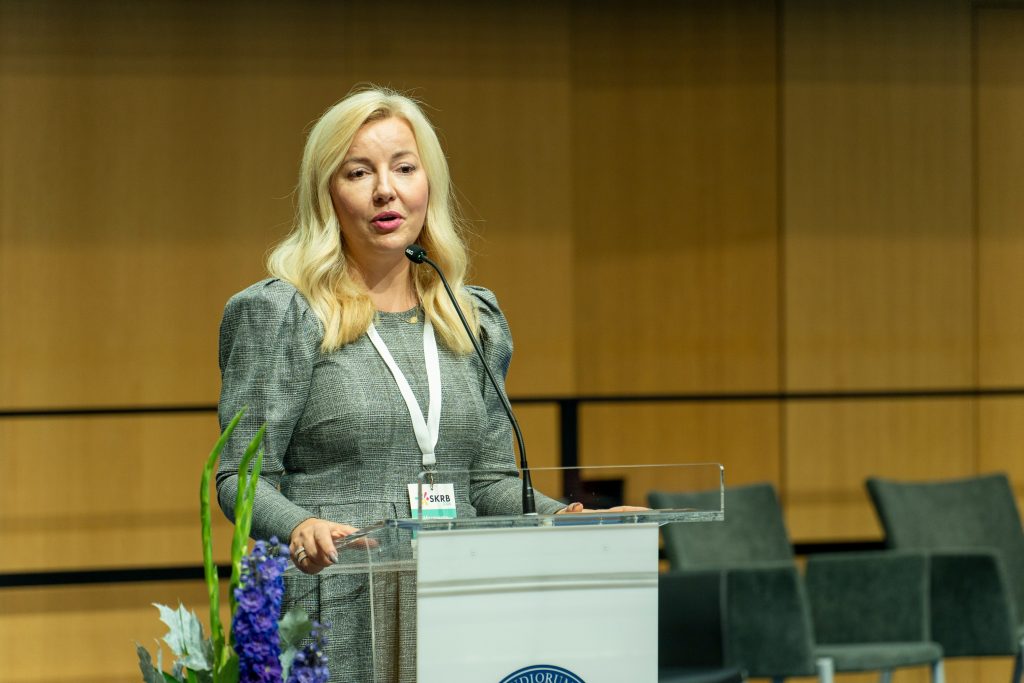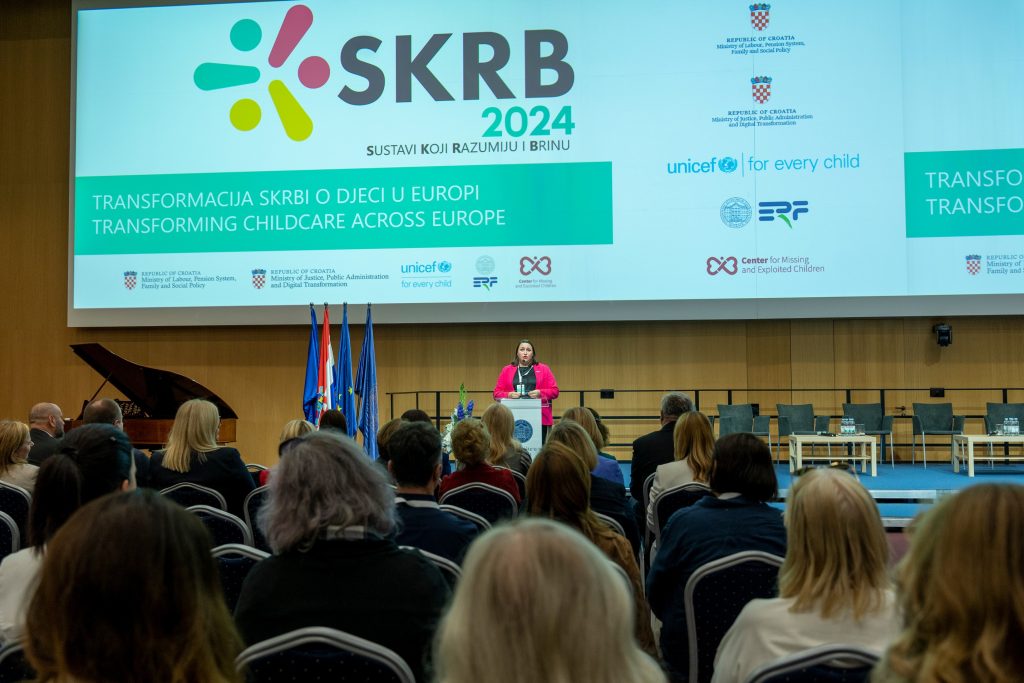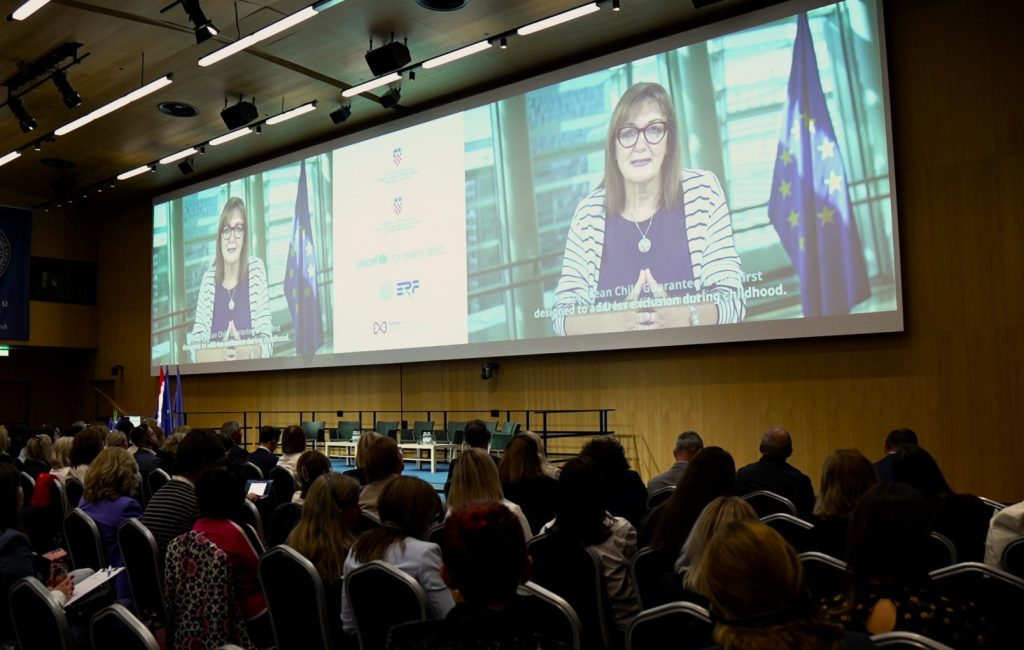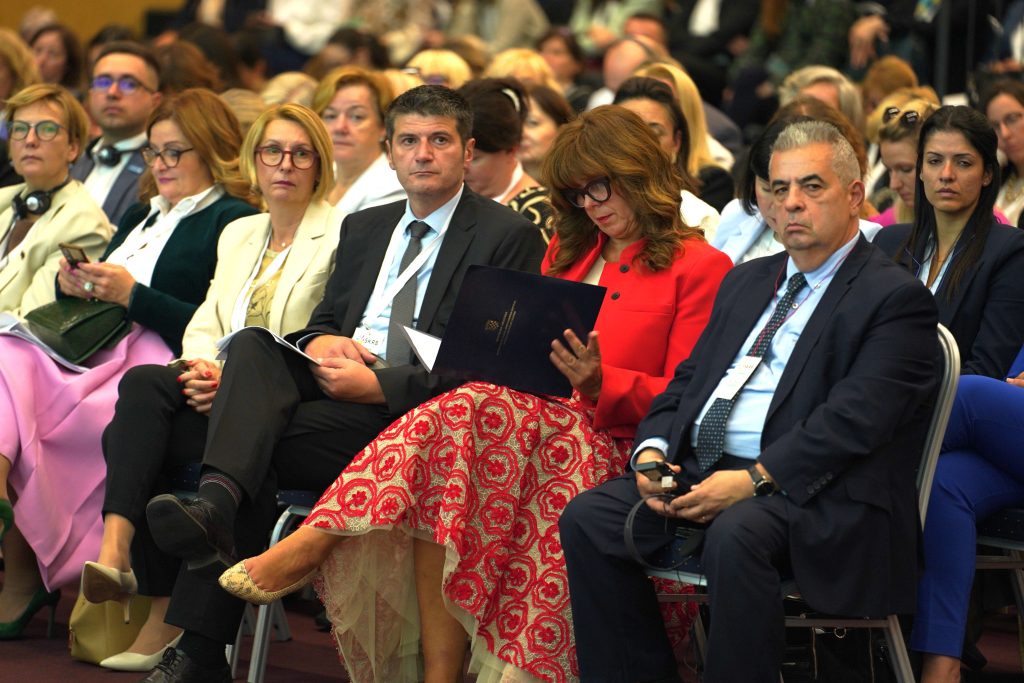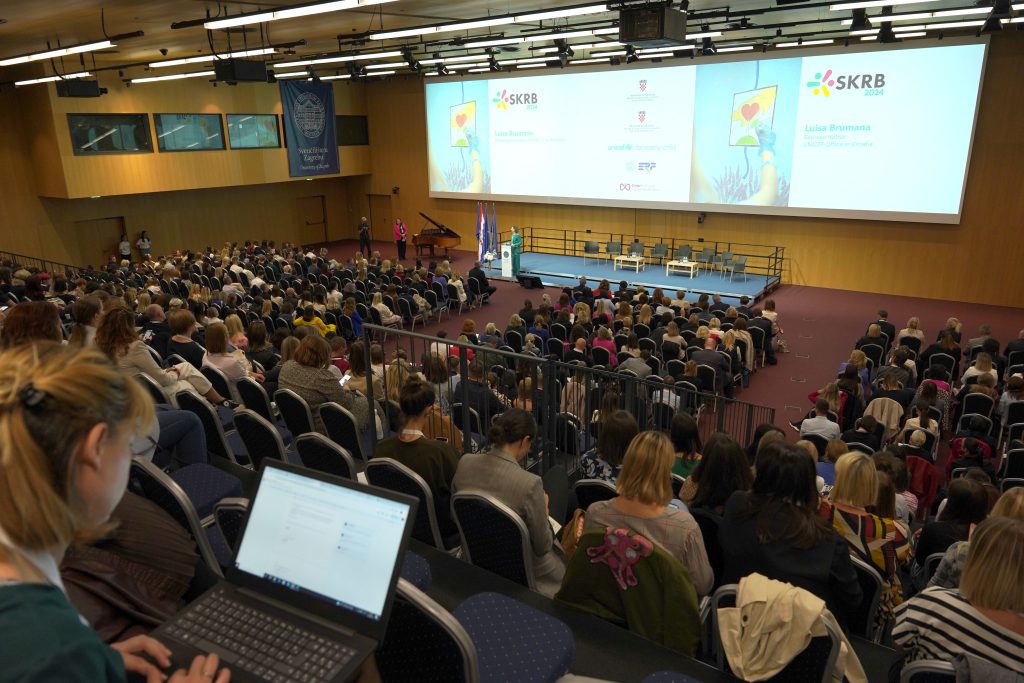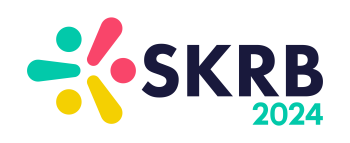As part of the activities of the Step forward program (2021-2025), which aims to improve assessment and interventions for children and youth in alternative care, two specific interventions for youth with complex emotional and behavioral needs have been developed with the support of UNICEF. The group programs are designed to be implemented in social service and justice settings with prior training of workshop leaders.
- The “DRAGON” is a group program for boys and young men between the ages of 9 and 14 who have pronounced externalized behavior problems and low levels of self-control. The aim of the program is to acquire skills for self-control in difficult situations by controlling thoughts, emotions and behavior in a safe environment. The program consists of 11 workshops, each focusing on one topic. The topics of the program are psychoeducation about self-control, cognitive distortions, thought control skills, vocabulary of feelings, unpleasant sensations, emotion control skills, behavior control skills, and anticipating one’s choices.
The authors of the ZMAJ program are Assoc.Prof. Gabrijela Ratkajec Gašević, PhD and Assoc. Prof. Ivana Maurović, PhD from the University of Zagreb Faculty of Education and Rehabilitation Sciences.
- The “VIS (Important and Strong)” is a group program for girls with complex needs in alternative care, especially for girls of prepubertal and adolescent age. The goal of the program is to help girls recognize their own emotions, build and maintain healthy personal relationships, and develop resilience to successfully deal with peer pressure and other negative social influences. The program includes 11 workshops that focus on specific topics. The topics of the program are: self-image; self-esteem; psychophysical changes in adolescence; experiencing one’s body and caring for one’s health; realization and quality of personal relationships; characteristics of good partnerships; rights in the relationship and warning signs that the relationship is harming the person; boundaries in relationships; coping with feelings; self-care and well-being.
The authors of the VIS program are Prof. Ivana Borić, PhD, Andrea Ćosić, PhD and Andreja Šprem, MA from the University of Zagreb Faculty of Education and Rehabilitation Sciences.
For both programs, implementation manuals were developed and trainings for the workshop leaders were conducted. Subsequently, a pilot application and evaluation was carried out in a total of 8 social and judicial institutions.
The programs will be implemented on a larger scale in the future and will help to strengthen the skills of professionals in social welfare and justice settings to work with children and youth with complex emotional and behavioral needs.
More detailed information about the Dragon and VIS programs can be found at:
-LINK: The pilot implementation of ZMAJ
– LINK: The pilot implementation of VIS
White paper
“The role of small-scale residential care for children in the transition from institutional- to community-based care and in the continuum of care in the Europe and Central Asia Region”
White Paper
“Development of foster care in the Europe and Central Asia Region”
Presentations
A. Barisic, Mental health of foster parents
A. Greenberg, The state of childcare – Where we stand and where we are headed
A. K. Graovac, I. Majstorovic, Family legal protection for unaccompanied and separated children
A. Teltschik, Monitoring child protection policies and services
B. McNally, From policy to practice – A trauma informed approach to childcare in Northern Ireland
C. Larkins, Child participation in alternative care
D. Jurisic, Reflections from the Ombudsman for Persons with Disabilities
E. Delap, Participatory evaluation
J. Leipoldt, Social climate in residential care institutions
J. Rogers, Overuse of boarding schools for children with disabilities
K. Ivankovic-Knezevic, EU funds in enhancement of childcare and budgeting
K. Vrhunc Pfeifer, Crisis interventions in social welfare institutions
M. M. Maglietti, Reducing risks of gender-based violence in alternative care
N. Efremova, EU funds in enhancement of childcare and budgeting
N. Shabani, Progress of disability reform in the region
P. Rydzewski, Experience from Poland – ensuring alternative care for evacuated children from Ukraine
S. Grigoras, White paper on the use of small-scale residential care
S. Vargovic, Therapeutic care – good practices
Gallery
